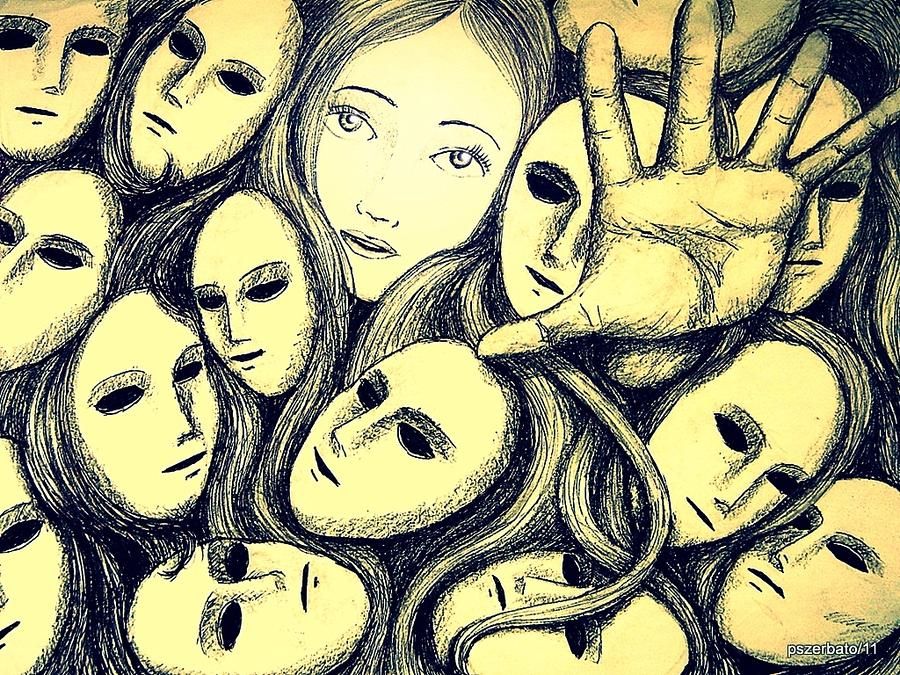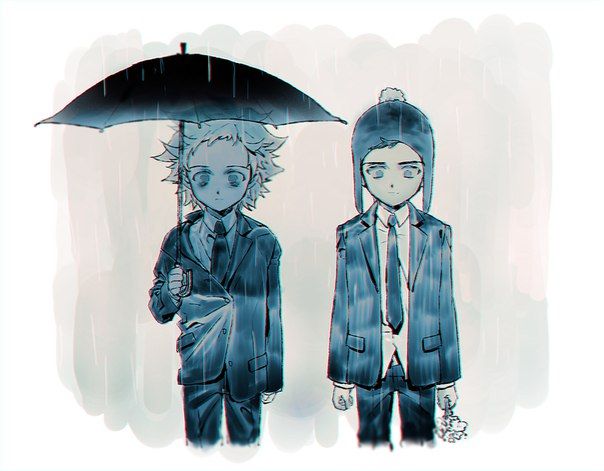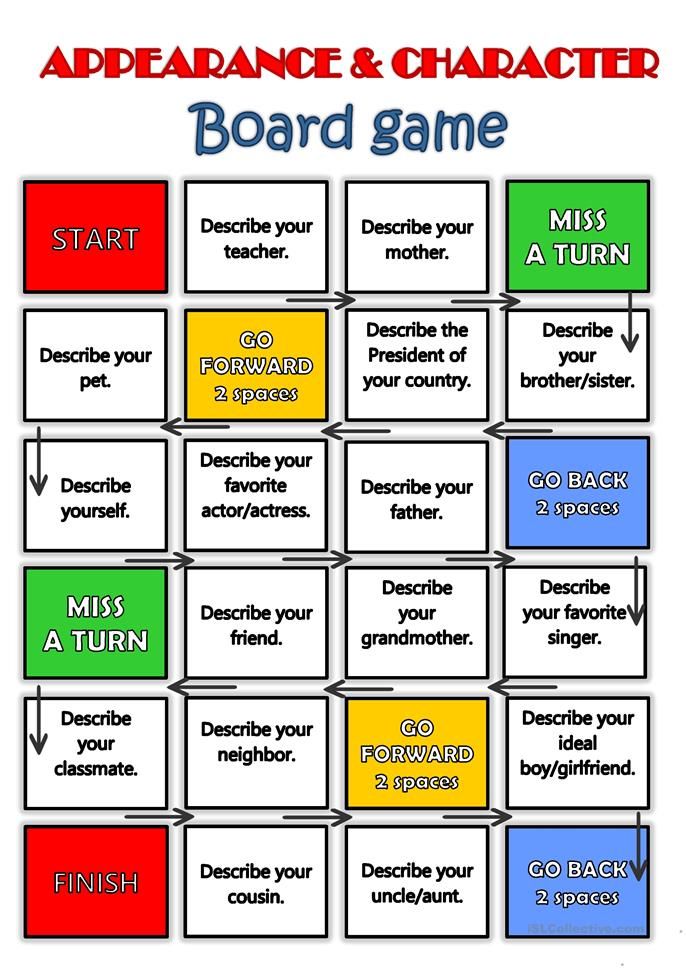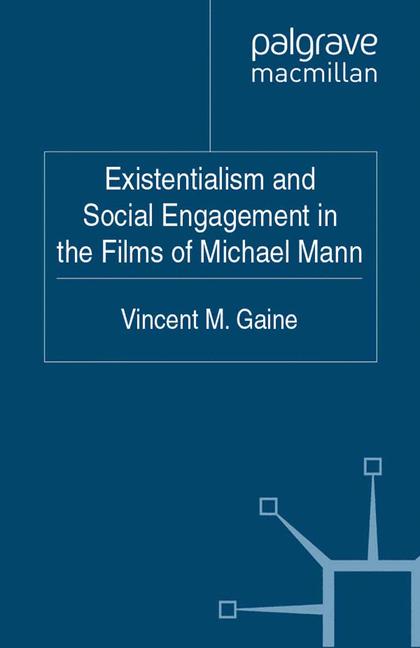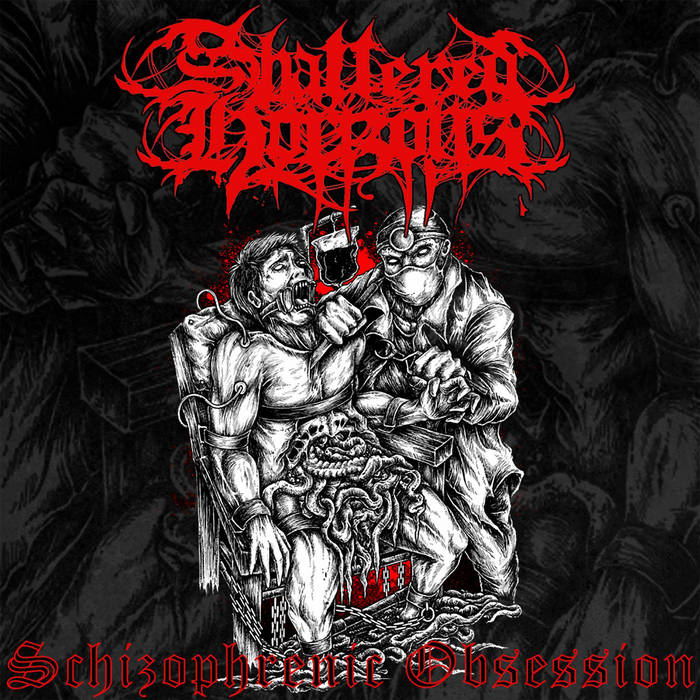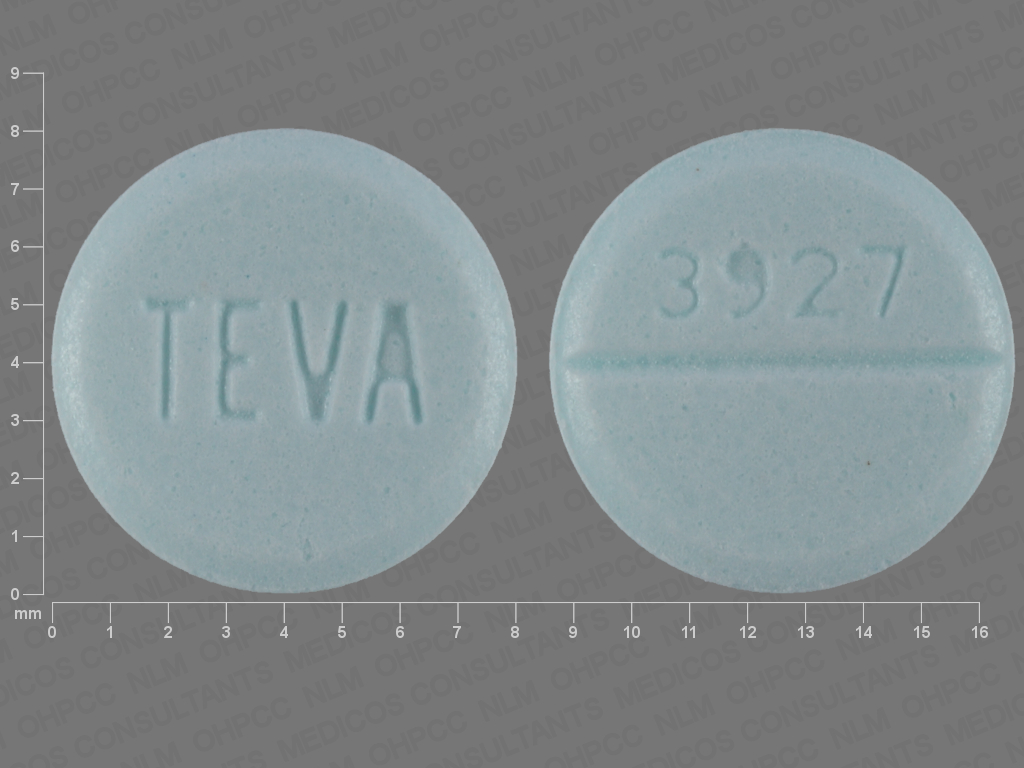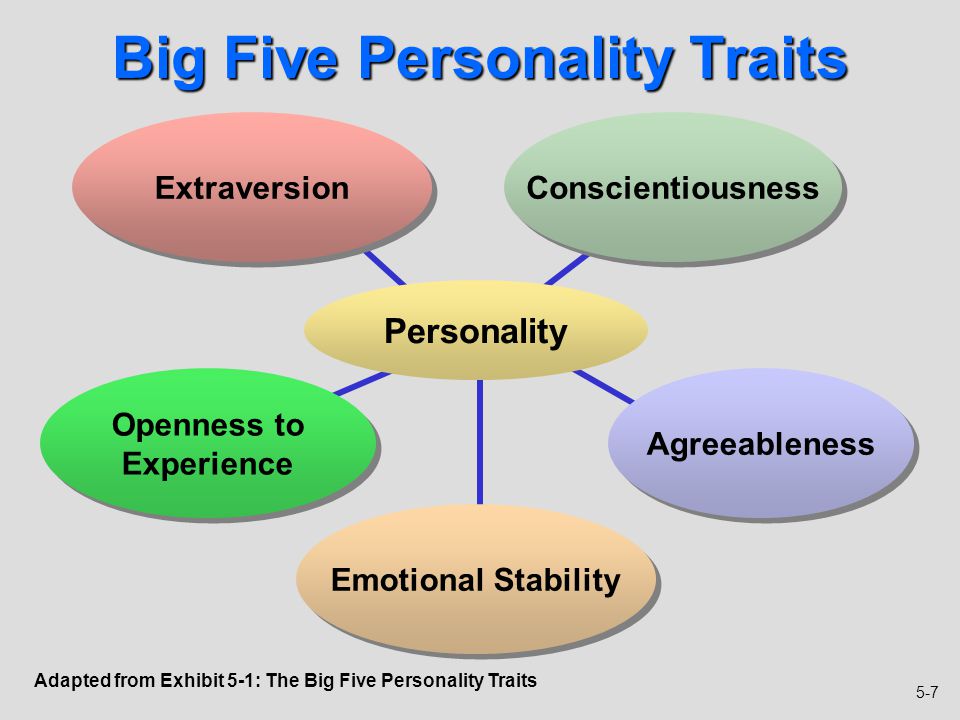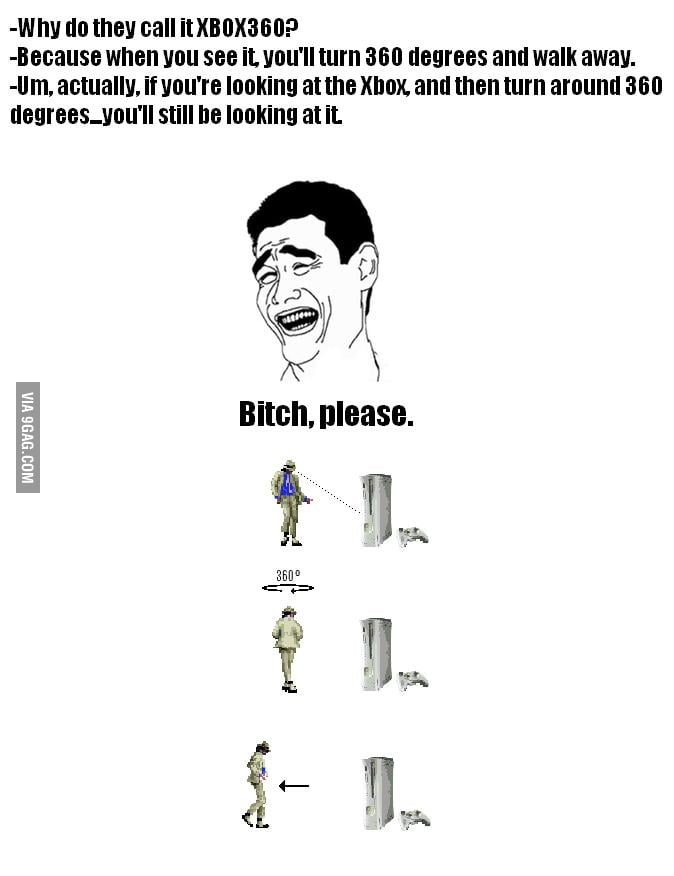Over the counter for adhd
Non-prescription interventions for attention deficit hyperactivity disorder
What is attention-deficit hyperactivity disorder?
Attention-deficit hyperactivity disorder, also known as ADHD, is a condition that runs in families. ADHD can affect behaviour so much that functioning on a daily basis becomes difficult.
Children and teens with ADHD:
- have trouble paying attention,
- have trouble finishing their work,
- are impulsive and may act without thinking,
- have trouble following directions,
- have trouble managing their emotions,
- struggle with transitions or changes, and
- are easily distracted.
While specific symptoms differ from child to child, ADHD can lead to problems in school, with relationships (friends, family members), and with self-esteem.
How can ADHD be treated?
With treatment, children with ADHD are better able to live with and manage their symptoms. Treating ADHD can include:
- education and skills training for parents, children and youth,
- strategies for understanding and building your child’s social skills,
- classroom management strategies and study skills, and
- medication.
The most common medications used to treat ADHD are called stimulants. They are effective and can be used safely.
How do doctors make decisions about which therapies to recommend?
Doctors read and review scientific studies regularly. Studies published in medical journals have to meet certain standards before doctors use them to make decisions. Doctors also attend regular professional education seminars to learn more about treatments and how well they work.
Are there other ways to treat ADHD?
Ads in magazines, on the Internet or on television often promote other therapies that claim to treat ADHD. Some ads even claim that the product or treatment (non-prescription therapies) is safer or works better than medications prescribed by doctors.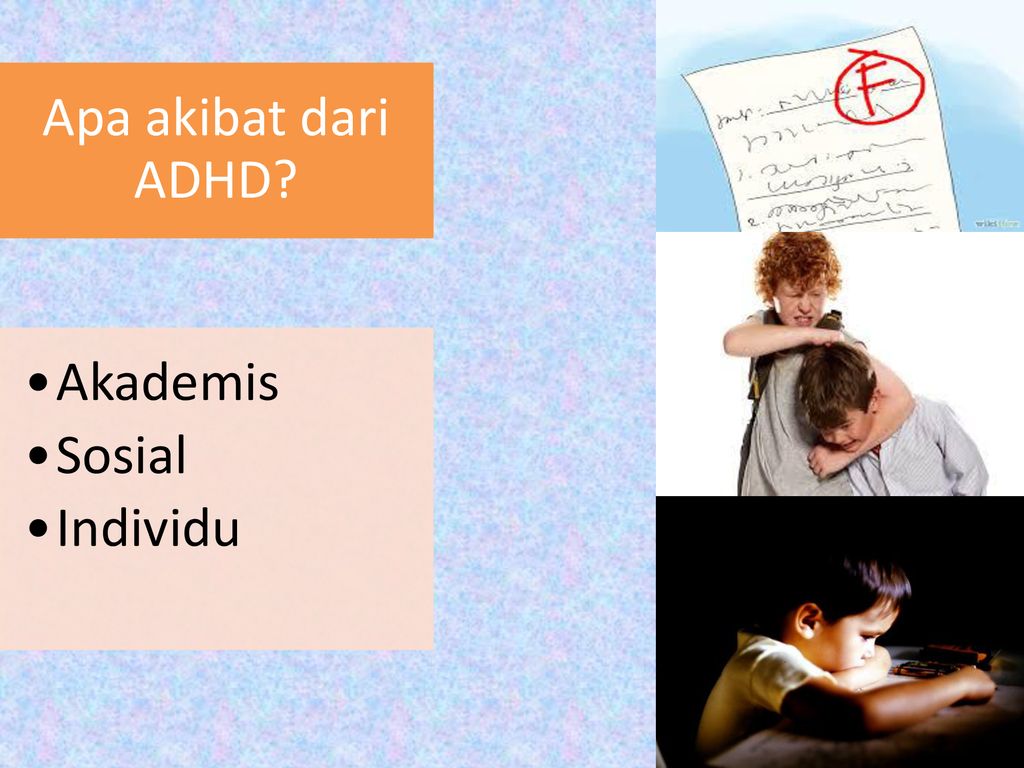
The problem is that, in most cases, alternative therapies have not had the same kind of scientific review or testing as prescription medicine for ADHD. The studies of these therapies don’t meet the same standards, so there is no guarantee that they are safer than or work as well as medications.
Scientific evidence on alternative therapies suggests that parents should be careful and well informed before they try such treatments. Many can cause side effects, and some can be dangerous. Talk with your doctor before trying any alternative approaches for your child’s ADHD.
What
do we know about other interventions for ADHD?Here’s what we know about alternatives to medications.
Interventions that may be helpful:
- Healthy diet: Children need regular meals and a balanced diet. This provides good nutrition without any special supplements needed. Skipping meals, especially breakfast, can affect attention.
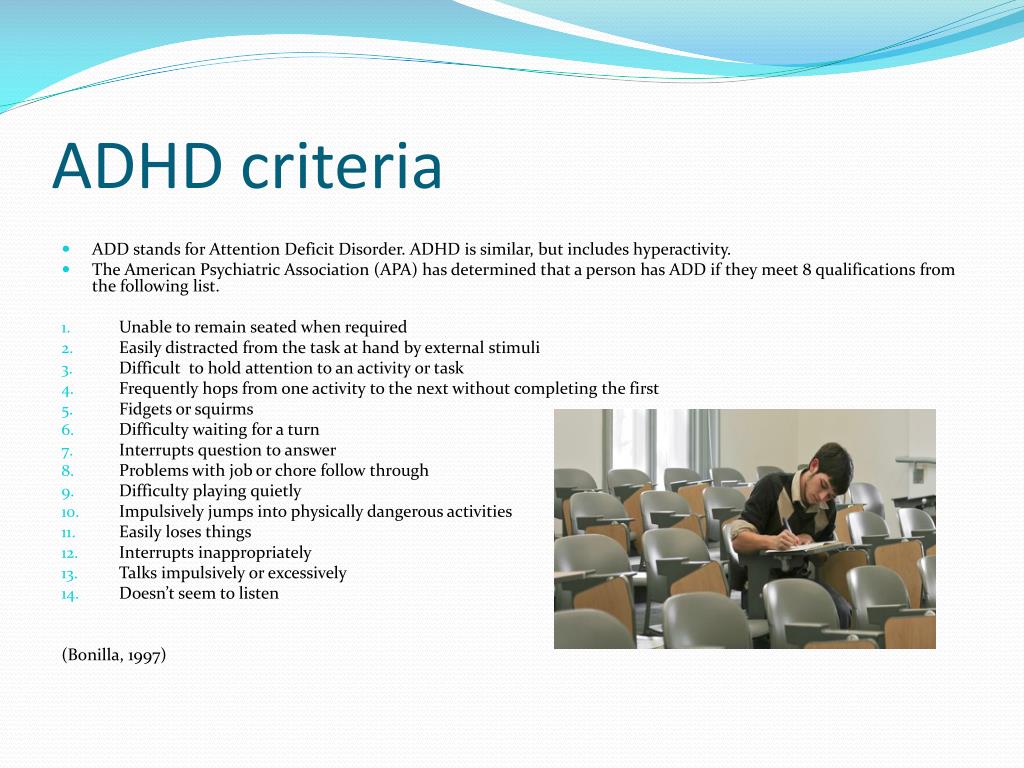 Start your child’s day with a healthy breakfast.
Start your child’s day with a healthy breakfast. - Exercise: Exercise improves attention and mood. Children with ADHD benefit from movement breaks at school and from consistent daily exercise.
- Sleep: Poor quality sleep or not enough sleep can affect attention and cause irritability and moodiness. Review your child’s sleep habits with your doctor to optimize sleep.
- Less screen time: Avoid using screens for at least 1 hour before bedtime and keep all screens out of your child’s bedroom. They interfere with sleep, and poor sleep affects attention.
- Essential fatty acids may have some benefit for children with ADHD, but there is still a lot of research needed.
Interventions with no evidence to show they help:
- Special diets may help a small group of children who have allergies, food sensitivities or who suffer from migraine headaches.
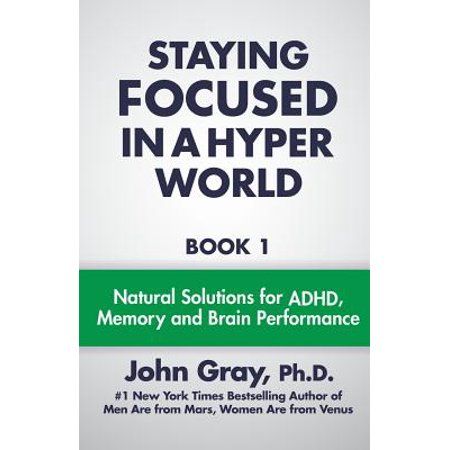 However, there is little evidence that a diet without sugar or additives helps attention. If you want to try changing your child’s diet, discuss it with your doctor to make sure it’s the right choice. Your doctor will also monitor to see if the new diet is working.
However, there is little evidence that a diet without sugar or additives helps attention. If you want to try changing your child’s diet, discuss it with your doctor to make sure it’s the right choice. Your doctor will also monitor to see if the new diet is working. - Vitamin supplements: Most children eating a healthy balanced North American diet – including children with ADHD – will not need any vitamin or mineral supplements. However, some children with very limited food choices may develop low levels of certain nutrients, especially iron. Talk with your doctor. She will take a diet history and may do blood testing before deciding if any supplements are right for your child.
- Herbs can be calming, but none have been proven to help with the main symptoms of ADHD. Because herbal products are not regulated, manufacturers don’t have to follow specific rules about product safety. Ask your pharmacist about purity (how strong it is), safety, and toxicity (whether it can cause harm).
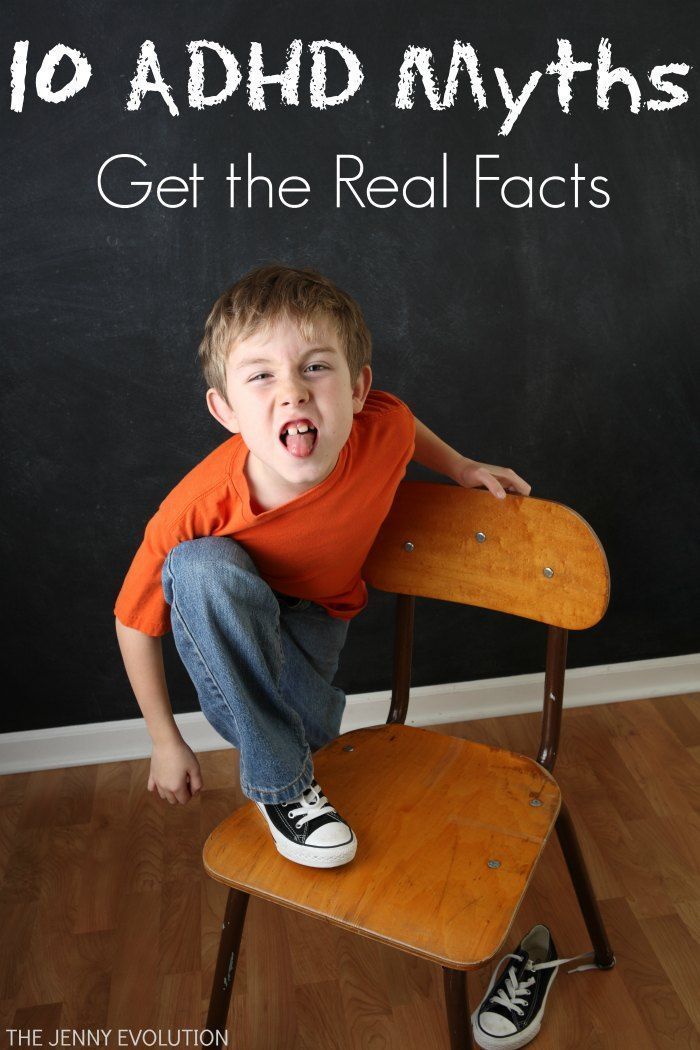
- Biofeedback claims to help people control their own responses. It involves a big commitment from the whole family and is very expensive. Despite over twenty years of research (usually involving very small groups of children), results are still not clear. It is still considered an experimental treatment.
Other treatments with no proof they work for ADHD symptoms:
- Antioxidants
- Chiropractic therapy
- Hypnotherapy/hypnosis
- Homeopathy (combinations of plant, animal or mineral extracts as remedies)
- Vision therapy, oculo-vestibular treatment, sound training
Some of these unproven therapies are expensive and possibly harmful. Your time and money are better spent on supporting your child in ways proven to be helpful.
More information from the CPS
Additional resources
Reviewed by the following CPS committees
- Mental Health and Developmental Disabilities Committee
Last updated: January 2018
Best natural ADHD supplements & nootropics reviews, remedies for adults | OTC Adderall, non-prescription ADD medication
There are a lot of factors that play a part in how a person with ADHD can control his symptoms.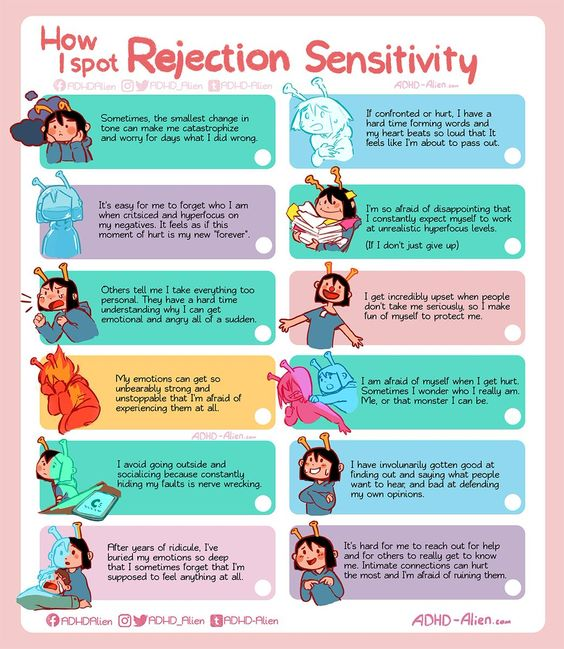 In most cases, in both adults and children, medication does the trick. However, there are still side effects to consider along with the fact that not everybody responds to ADHD treatment the same way.
In most cases, in both adults and children, medication does the trick. However, there are still side effects to consider along with the fact that not everybody responds to ADHD treatment the same way.
Many people are now turning to natural remedies for ADHD. Over the last couple of years, supplements, nootropics, legal stimulants and OTC pills have gained popularity among people who are suffering from ADHD symptoms.
Here’s an outline of some of the most popular non-prescription natural ADHD treatment options and herbal remedies & how they might help alleviate its symptoms.
While most of these are safe, please ask your doctor beforehand if this treatment works for you!
QUICK SUMMARY
- Best overall, OTC holistic ADHD & inattentive ADD supplements/nootropics for adults– Mind Lab Pro and Brain Pill
- Best dopamine-based nootropic supplements for ADHD– Mind Lab Pro, and Individual dopaminergic supplements from BulkSupplements e.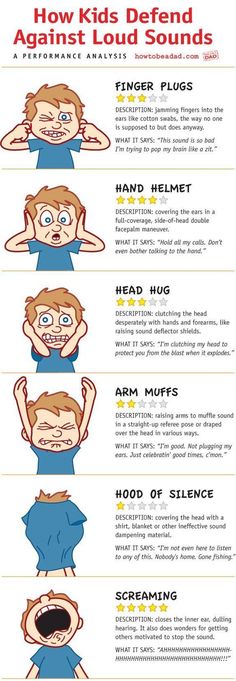 g.- N-Acetyl L-Tyrosine, Mucuna Pruriens, Alpha GPC
g.- N-Acetyl L-Tyrosine, Mucuna Pruriens, Alpha GPC
- Best ginkgo biloba ADHD supplement - Brain Pill
- Best natural legal stimulant & natural, herbal Adderall/Ritalin over the counter for ADHD - Mind Lab Pro
- Best calming supplements for ADHD with hyperactivity & anxiety - Bacopa Monnieri & Ginkgo Biloba ( from Brain Pill ), Performance Lab Sleep, Relax CBD full spectrum gummies 3500mg and Diamond CBD broad spectrum + Melatonin calm bedtime gummies
- Best CBD for ADHD - Yum Yum CBD isolate 1500mg and Yum Yum Gummies CBD Full Spectrum 3500mg
- Best natural supplements for ADHD & Depression– Mind Lab Pro and Accentrate110
- Best calm gummies for ADHD - Performance Lab Sleep, Natural Vitality Calm (for kids) and Relax CBD full spectrum gummies 3500mg (for adults)
- Best focus multivitamins & omega 3 (EPA & DHA) for adults with ADHD - Accentrate110 and Performance Lab® Omega-3
- Best ADHD supplements at GNC for adults: Procera XTF Extreme Focus& Focus Fast
- Best broad-spectrum micronutrients (vitamins & minerals) for ADHD– Performance Lab Multimen and Performance Lab Multiwomen, MZI from Accentrate and Hardy Nutritionals Daily Essential Nutrients 360
** NOTE: FOR More information on these supplements, and links to their websites, CLICK HERE
Legal OTC Medication for ADHD
Traditionally, stimulants (such as Adderall) are usually prescribed for ADHD, and for some people, it usually does the trick!
However, some people find that stimulants can be a little too much and for those, nootropics & focus pills like Mind Lab Prooffer a great stimulants-free (non-stimulants) alternative ADHD treatment.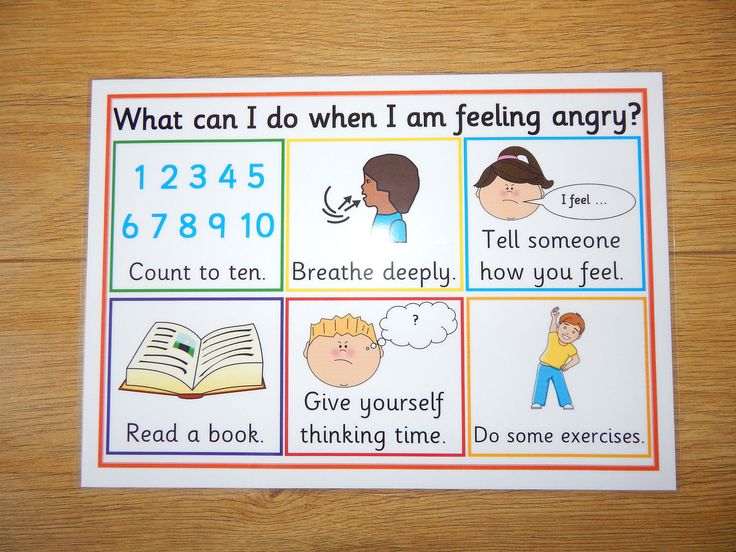
Nootropics vs. Stimulants
Stimulants treat ADHD by directly working on the brain’s neurotransmitters. Most stimulants’ actions are linked to the levels of dopamine, norepinephrine, and epinephrine in the brain.
While nootropics do affect the same chemicals and neurotransmitters, they do so through a different pathway. For instance, some nootropic supplements for ADHD like Mind Lab Pro and Brain Pill contain dopamine-enhancing stimulants ingredients, but they’re not as intense as the traditional stimulants.
So, they are perfect alternatives to someone who is either looking for a”non-prescription” ADHD treatment/drug or alternative to non-stimulant/non-controlled ADHD medications like Strattera, Qelbree etc.
Below, we also discuss other over the counter legal stimulants similar to Adderall, Ritalin & other ADHD meds.
Best supplements/nootropics/individual ingredients for ADHD symptoms-wise
- Attention and Processing: NALT (N-Acetyl-L-Tyrosine), Rhodiola Rosea, Tyrosine, Phosphatidylserine (PS), SAM-E, Omega 3
- Focus: Choline, Methylliberine (Dynamine®), Ginkgo Biloba, SAM-E
- Memory, Learning, reducing forgetfulness: Bacopa Monnieri (Synapsa®), Alpha GPC, Omega 3
- Impulsive behaviors/Hyperactivity: Bacopa monnieri (Synapsa®), Rhodiola Rosea, L-theanine, Valerian root, Melatonin
- Energy and Fatigue: Vitamin B12, Choline, SAM-E, NALT (N-Acetyl-L-Tyrosine)
- Mental Sharpness: DHA, Mangifera Indica fruit extract
- Mood and Stress: Tyrosine, Mucuna Pruriens, Saffron extract, Agmatine
What are the best nootropics, supplements, herbs & otc stimulants for ADHD?
1.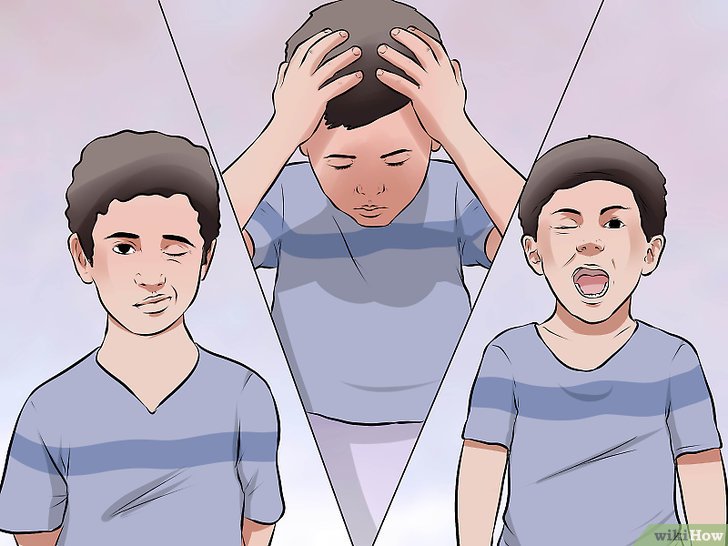 Omega-3 Fatty Acids
Omega-3 Fatty Acids
Category: Fish Oil, Omegas, Fatty acids, Nootropic
For: Hyperactivity, impulsivity, attention
Omega-3 supplements have been around since forever, yet there’s so much debate about the optimal dose and how to give it for ADHD.
It’s well known that fish oil is particularly rich in omega-3. The key players of the omega-3 fatty acids are EPA and DHA, which offer most of the cognitive improvement effects. Two meta-analyses found that omega-3 can improve ADHD when it comes to hyperactivity, impulsivity, and attention. It’s considered one of the most-researched supplements for ADHD & ADD and all researches showed promising results.
Docosahexaenoic acid (DHA) is an essential neurological development nootropic for brain performance & health. Several studies indicate that a deficiency in DHA is specifically linked to cognitive decline in healthy grownups and individuals with Alzheimer’s. Users also document that it improves reaction time and mental sharpness.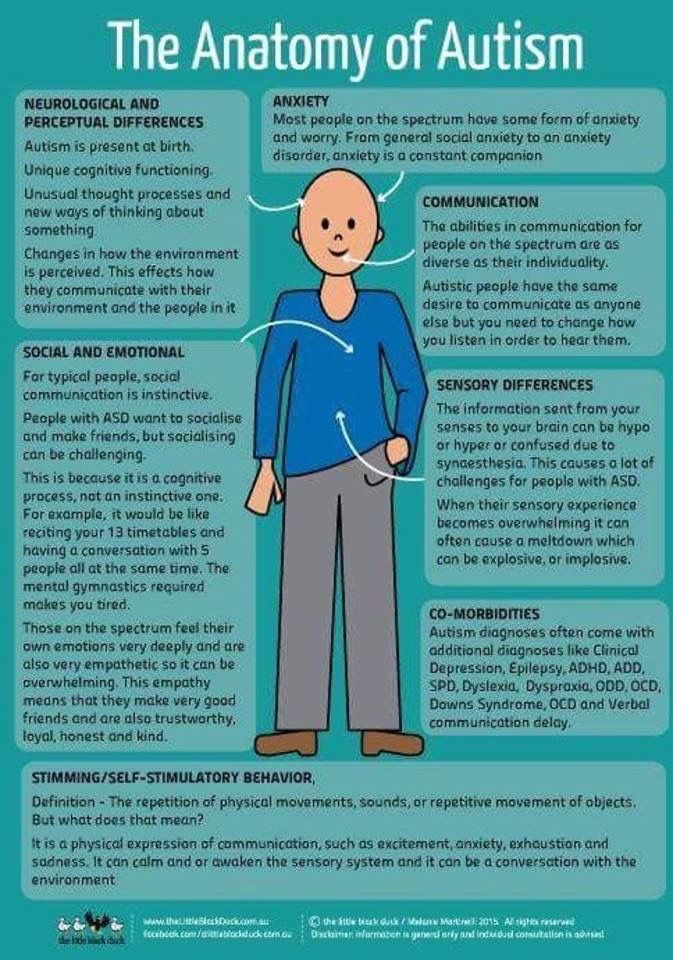
Rule of thumb: There should be 1.5 to 2 times as much EPA as DHA. It is recommended a total of 1,000 mg of EPA plus DHA (add the two together) for smaller children, 2,000 mg for adolescents, and 1,500 mg for those in between.
What are the best Omega-3 supplements for ADHD? Performance Lab® Omega-3, Accentrate and BioSchwartz Omega-3 Fish Oil
2. Alpha GPC/Citicoline
Category: Nootropic
For: Mental edge, memory, focus, anxiety
The brain transmitter acetylcholine can’t exist without choline, and that’s why it’s not a surprise that Alpha GPC & other choline supplements like Citicoline have been proven to have an impressive effect on memory. 400mg of Alpha GPC, three times a day, can improve the mental impairments in patients with mild to moderate dementia.
Choline from these cholinesupplements may also help with anxiety that comes with ADHD.For best choline/Cognizin supplements for ADHD, we recommend Mind Lab Pro and Brain Pill.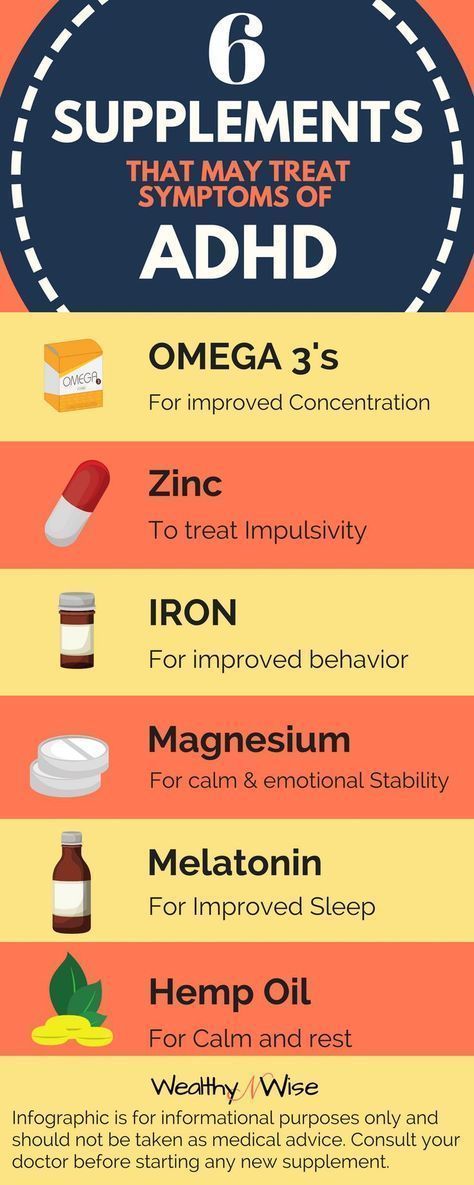
3. Ginkgo Biloba
Category: Herb, Nootropic
For: Restlessness, impulsivity, anxiety, irritability, focus
The leaves of the Ginkgo Biloba contain Terpene Trilactones, a substance that has been proven to have a protective function on the brain cells, as well as a dopamine-boosting effect.
A double-blind randomized trial showed that in the treatment group that had ginkgo added to their treatment, there was a 35% improvement in attention.
When combined with ADHD drugs like Adderall, Ritalin, Vyvanse, etc. it has been helpful to ease irritability, anxiety, and frustration.
Where to find it?
- Brain Pill (Our top recommendation for Ginkgo Biloba for ADHD & ADD )
- BulkSupplements Gingko Biloba
- Nutricost Ginkgo Biloba (120mg)
- Healthy Care Ginkgo Biloba (2000mg)
4. NALT (N-Acetyl-L-Tyrosine) or Tyrosine
Category: Nootropic, Amino acid
For: Mental edge, memory, focus, anxiety, mood
NALT (N-Acetyl-L-Tyrosine) is a more bio-available version of L-Tyrosine/Tyrosine: an amino acid that’s used to produce noradrenaline and dopamine.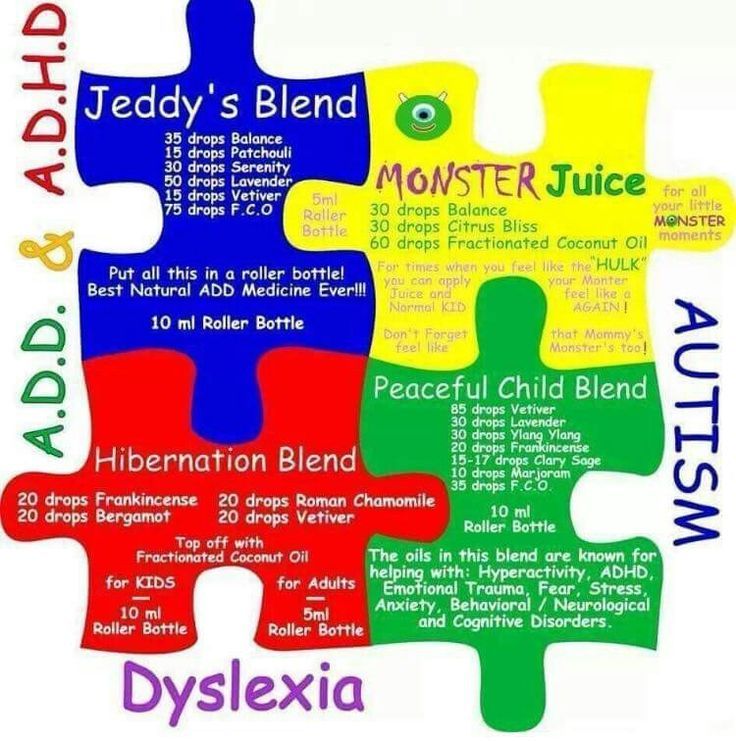 It elevates working memory, executive function, creative flow states, stress reduction, better mood, anti-anxiety and reduces symptoms of ADHD. It can ease alertness, energy, and neurological function. Per examine.com, it also has potential to lower stress levels and prevent stress-induced memory and attention deficits. NALT operates in synergy with pharmaceutical drugs like Ritalin and Adderall by increasing extracellular levels of dopamine & is a popular ingredient in several ADHD/ADD supplements.
It elevates working memory, executive function, creative flow states, stress reduction, better mood, anti-anxiety and reduces symptoms of ADHD. It can ease alertness, energy, and neurological function. Per examine.com, it also has potential to lower stress levels and prevent stress-induced memory and attention deficits. NALT operates in synergy with pharmaceutical drugs like Ritalin and Adderall by increasing extracellular levels of dopamine & is a popular ingredient in several ADHD/ADD supplements.
5. Magnesium
Category: Mineral
For: Irritability, confusion, anxiety, calmness, sleep
Lack of Magnesium in our bodies has been directly linked to ADHD in a recent study and magnesium supplements have also aided ADHD patients with “rebound effect” after the effect of stimulants wears off. It was also shown that having low levels of magnesium can cause irritability, disorientation, confusion and a below-average attention span.
Using Magnesium along with Ginkgo Biloba (both taken together in the evening) has also been shown to intensify Vyvanse & to counter “tolerance” (diminishing effect of psychostimulants with time).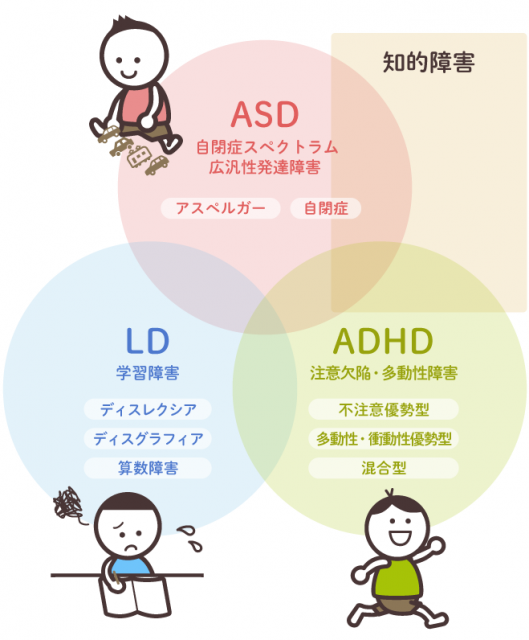 Studies on Magnesium have also been done on hyperactivity and autism in children.
Studies on Magnesium have also been done on hyperactivity and autism in children.
Chelated form of Magnesium is best form & recommended because of its great bioavailability. Magnesium Threonate is also good for ADHD.
What’s best Magnesiumsupplement for ADHD? We recommend MZI from Accentrate(Magnesium Glycinate Chelate) and OMG! Nutrition Magnesium Drink Mix (200mg)
6. L-theanine
Category: Nootropic, Amino acid, Herbal
For: Calming, attention, hyperactivity, mood
L-theanine is a calming amino acid that comes from tea leaves. L-theanine boosts calmness, Upbeat, Focus, Relaxation, Attention and can tentatively improve your attention span and latency.
L-theanine is one of the best otc ADHD supplement for lessening hyperactivity. Suntheanine, a patented variety of l-theanine in Mind Lab Pro is one of best quality versions of theanine for ADHD.
7. Pycnogenol
Category: Nootropic, Herbal
For: Hyperactivity, Attention, Focus, Stress, Memory
Also called the French Maritime Pine Bark, Pycnogenol extract might be a way to treat the hyperactivity that comes with ADHD.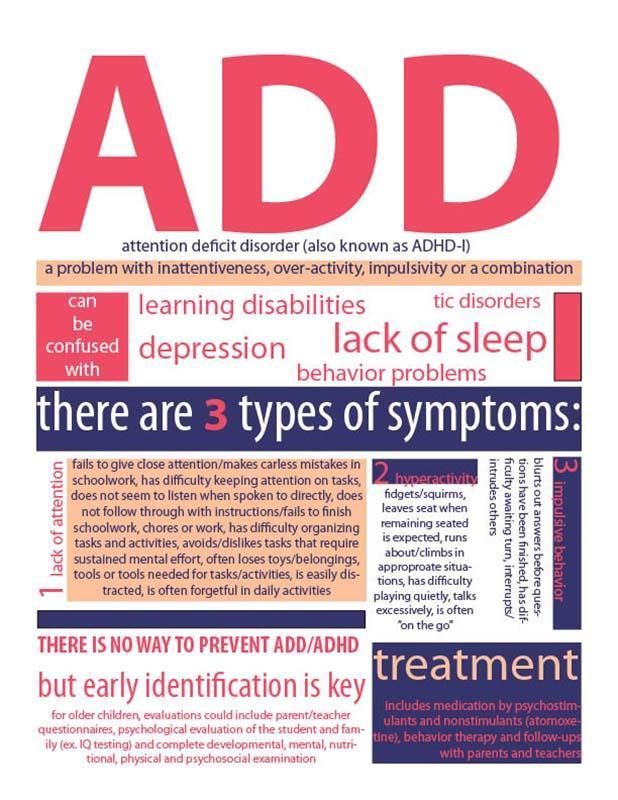 However, while it has proven to have some effect on reducing hyperactivity, and enhancing attention, concentration, and memory, it’s still undergoing research regarding its safety and efficacy.
However, while it has proven to have some effect on reducing hyperactivity, and enhancing attention, concentration, and memory, it’s still undergoing research regarding its safety and efficacy.
What supplements to use Pycnogenol for ADHD?
-Mind Lab Pro
-Nature’s Way Pycnogenol (50mg)
-BestvitePycnogenol (100mg)
8. Valerian Root
Category: Nootropic, Herb
For: Hyperactivity, Calming, Sleep
No brain can function perfectly without proper sleep, but ADHD can make sleep harder and less sleep can make ADHD symptoms worse.
Valerian has been long-known for its relaxing & sleep-inducing properties. In one study, it was found that simply ingesting Valerian in the hour before bedtime, can help improve hyperactivity symptoms in children.
Valerian also has the extra benefit of being completely safe to use, even with larger doses, making it a suitable option for both adults and children who need a good night’s sleep.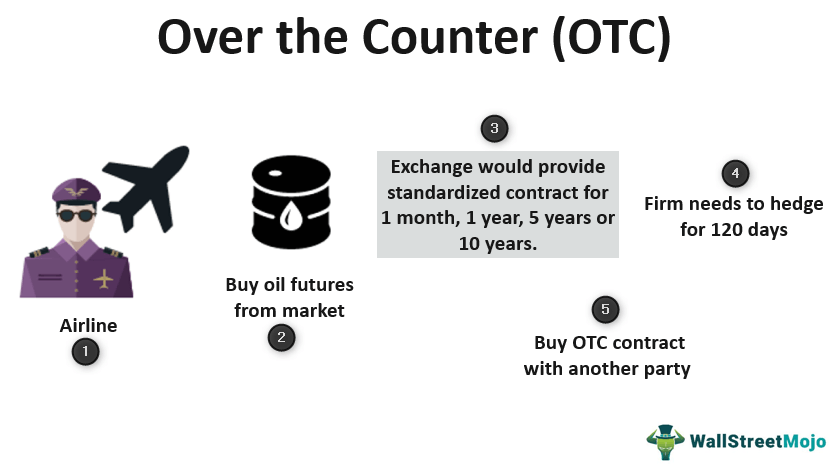
Where to find best Valerian root supplements for ADHD?
- ProHealth Valerian Extract with Lemon Balm (160mg)
- Nutricost Valerian Root (100mg)
9. Bacopa Monnieri for ADHD
Category: Nootropic, Herb
For: Hyperactivity, memory, focus, anxiety, calming
Bacopa Monnieri, or Brahmi for short, has been widely used as an alternative treatment for many health problems, especially ones located in the brain including stress, Alzheimer’s disease, memory loss, anxiety, attention deficit-hyperactivity disorder (ADHD) symptoms, epilepsy etc.
A sense of ease and relaxation comes with Bacosides in BacopaMonnieri, making it helpful for the hyperactive and impulsive component of ADHD & making it a good otc alternative to Guanfacine. Not to mention, its brain function boosting effect can help improve memory functions too, so it’s common ingredient in memory & brain power supplements.
10. Phosphatidyslerine
Category: Nootropic
For: Memory, Focus, Cognitive function
Phosphatidylserine acts directly on a cellular level, enhancing the transmission of signals between different cell types, including neurons, which makes it beneficial for ADHD patients.
The effect it has on cell-signaling is crucial in its role in maintaining cognitive function & improving the brain’s health. Therefore, it comes as no surprise that it can improve concentration, memory, and language skills, even in older patients who suffer from cognitive deterioration.
Phosphatidylserine is derived from fatty acids and can be taken on its own or along with omega 3 supplements. Our top recommendations for ADHD, both have Mind Lab Pro and Brain Pill.
11. Iron
Category: Mineral
Iron is responsible for delivering oxygen to different organs around our body, including the brain and is also involved in the production of dopamine.
A study found that 84% of children with ADHD actually had lower iron levels than those without it. Also, those with lower levels of ferritin (the protein that carries iron inside cells that store it), had more severe ADHD symptoms.
What are some good iron supplements for ADHD?
- Performance Lab Multimen and Multiwomen
- Nature Made Iron (65mg)
Review: This pharmacist approved supplement is derived from natural sources and needs to be taken only once a day, best with meals.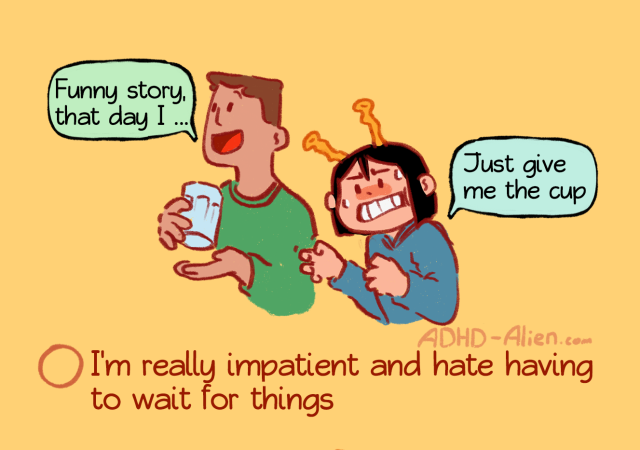
- LifeCentric Health Iron Gummies
Review: Vegan-friendly and gluten-free gummy, for when the iron supplements get a bit too much. These gummies offer a great alternative for those who want a great tasting iron supplement.
Honorable mentions
Other herbs typically used for ADHD symptoms are “ Gotu Kola for ADHD”, Ginseng (this Chinese herb may alleviate hyperactivity and inattentiveness) and Ningdong for ADHD (this may help to reduce some ADHD symptoms; similar to ginseng). Besides, other supplements that may have some use in managing ADHD symptoms are Rhodiola Rosea, SAM-e, Zinc, Melatonin, Inositol, L-lysine, Calcium, Creatine, Coq10, Dimethylglycine (DMG), GABA, Guarana, 5 htp, Acetyl l carnitine, Grape seed extract, Probiotics, Krill oil, Alpha lipoic acid, Flaxseed oil etc.
Best over-the-counter commercially available natural ADHD nootropics supplements stacks
1. Mind Lab Pro
Review : The Mind Lab Pro nootropic has been tested and is probably now one of the best non-stimulant treatments for ADHD & natural, over the counter Adderall alternative.
This research-backed nootropic supplement and non-prescribed Adderall alternative doesn’t only regulate the brain’s dopamine but carries a more holistic approach, improving other brain functions such as memory and mood along with attention. Not to mention, this non-narcotic ADHD medicine is rich in all the vitamins that boost neurological functions, including vitamins B6, B9, and B12.
Ingredients-
- Citicoline
- Phosphatidylserine (PS) as sharp-PS green
- Lion’s Mane Mushroom as Full Spectrum Extract
- Bacopa Monnieri 24% bacosides with 9 bioactives
- Rhodiola Rosea (3% rosavins/1% Salidrosides)
- N-Acetyl-L-Tyrosine
- Maritime Pine Bark Extract (95% proanthocyanidins)
- Suntheanine L-theanine
- Vitamins B6, B9, B12 as Nutrigenesis B6, B9, B12
2. Brain Pill
Review:Brain Pill is the embodiment of an all-in-one nootropic supplement for ADHD & inattentive ADD. It doesn’t only act on Attention Deficit but also on improving the forgetfulness that very often comes along with it.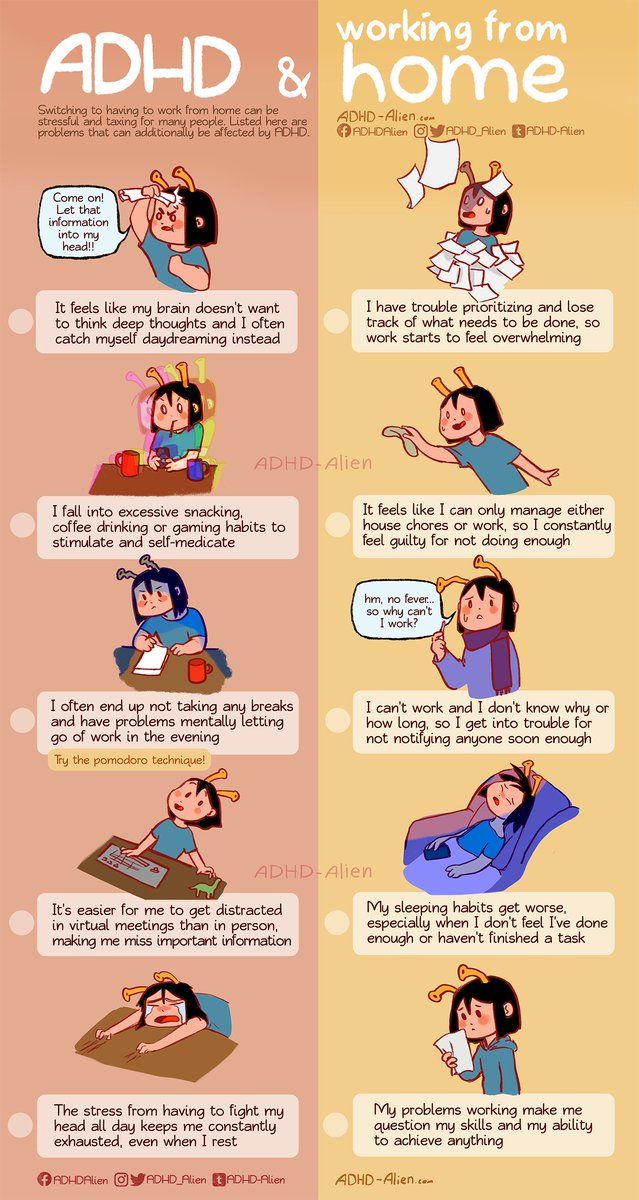
It offers a remarkable combination of strong nootropics and herbal remedies, including Cognizin citicoline, Tyrosine, Bacopa Monnieri Synapse, Huperzine A, DHA Complex and several vitamin B types, that have undergone extensive testing and performed admirably in clinical trials.
Brain Pill boosts cognition, memory, stress reduction, learning ability, and neurogenesis while protecting the brain from oxidative damage.
Its ingredients are:- Cognizin citicoline, Tyrosine, L theanine, PS (Phosphatidylserine), Bacopa Monnieri Synapsa, Huperzine A, Gingko Biloba, Vinpocetine, DHA Complex, Vitamins B5, B6, B9, B12.
3. Accentrate110
Review : Accentrate110® is a natural supplement to manage inattention, emotional dysregulation & supports attention, memory, and focus.
According to some Accentrate 110 user reviews, this supplement has potential to provide enough relief that made them go off a stimulant (which was giving them side effects). Based on ingredients, company reputation and consumer reviews, it does seem a solid choice for those considering natural ADHD treatment.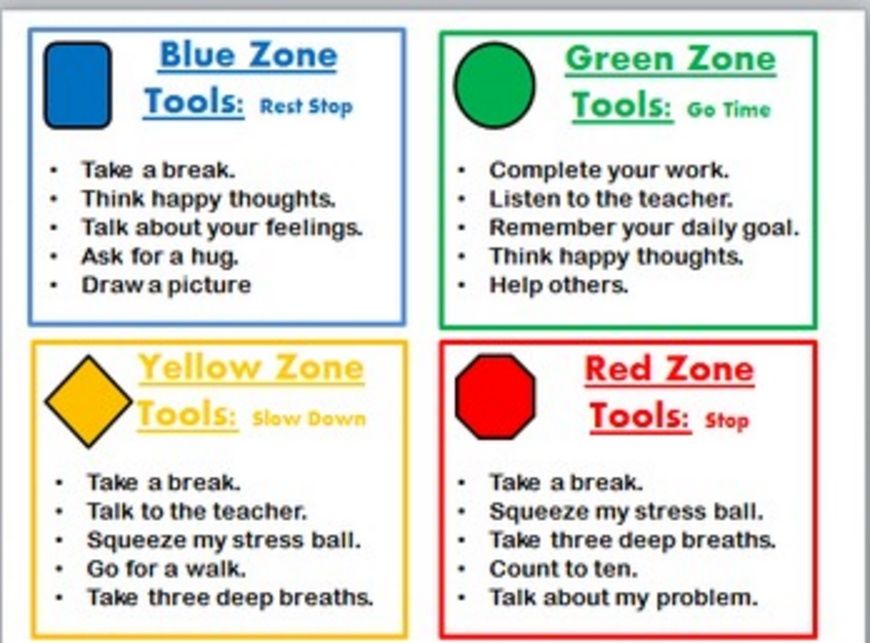 Some ADHD patients take the supplement with stimulant medication like Adderall while others use it to replace stimulants.
Some ADHD patients take the supplement with stimulant medication like Adderall while others use it to replace stimulants.
Accentrate 110 Ingredients
The Accentrate formula includes the following omega-3 fatty acids and vitamins:
- Tissue-Targeted® EPA & DHA – Omega-3 fatty acids that are essential in shielding brain tissue and brain cell communication. The EPA and DHA in Accentrate’s formula are in phospholipid type, optimized for neurological benefits.
- L-Methylfolate – B vitamin employed to treat or prevent low levels of folate in the brain.
- Vitamin B6/Vitamin B12 – Low levels of these vitamins have been connected to cognitive deficiencies.
- Vitamin D3 – Vitamin D3 Deficiencies are associated with several psychiatric disorders, including ADHD.
- Riboflavin – B2 deficiencies have been linked to fatigue and brain dysfunction.
4. Focus factor
Review : Focus Factor provides supplements that focus on supercharging brain health, enhancing cognition, remembrance, attention, and focus.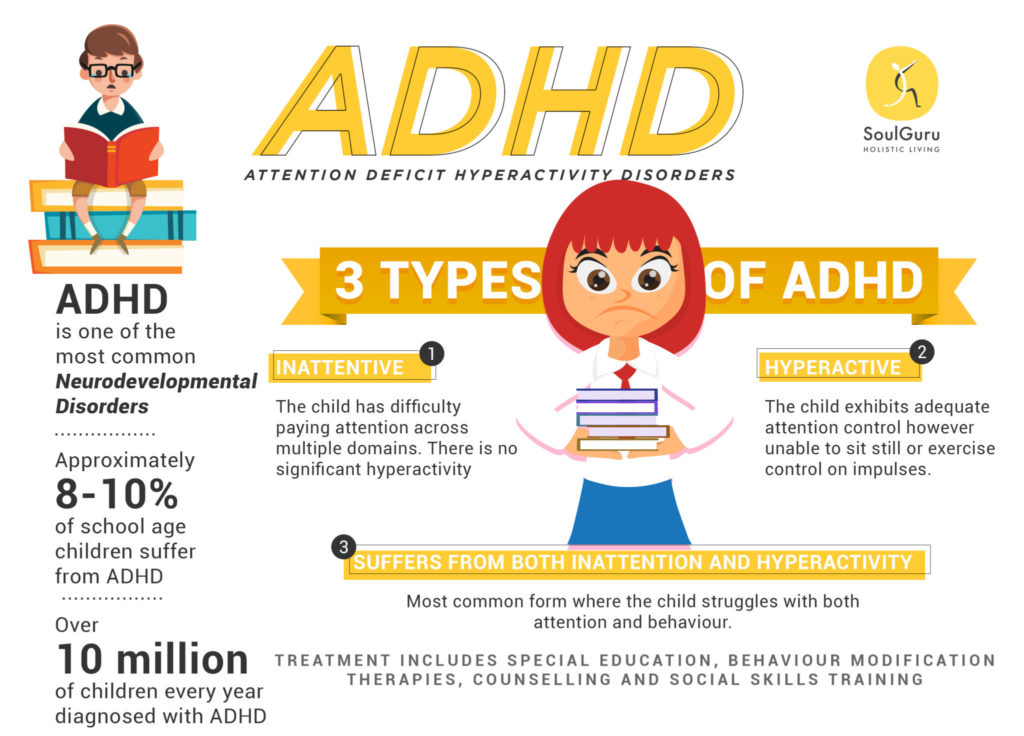 The company has solutions in its lineup for all age groups, including kids. Focus Factor Original is their best nootropic supplement that improves memory, concentration, and focus. However, their formulations have proprietary blends so exact ingredients are not known.
The company has solutions in its lineup for all age groups, including kids. Focus Factor Original is their best nootropic supplement that improves memory, concentration, and focus. However, their formulations have proprietary blends so exact ingredients are not known.
Ingredients
- Dimethylethanolamine bitartrate (DMAE is one of the extensive ingredients used in a proprietary blend, known for its ability to boost attention and motion disorders like Alzheimer’s disease)
- Bacopin
- N-acetyl tyrosine
- L-pyroglutamic acid
- Phosphatidylserine
- Fish oil
- Choline
- Huperzine
- L-Glutamine
- Vinpocetine
Their product Focus Factor for Kids promises that it “encourages calmness, & focused concentration in youngsters” while also claiming it will help with memory.
5. Dr. Amen’s BrainMD’s “Focus & Energy” and “Attention Support”
Review : Working with Brain imaging, Dr.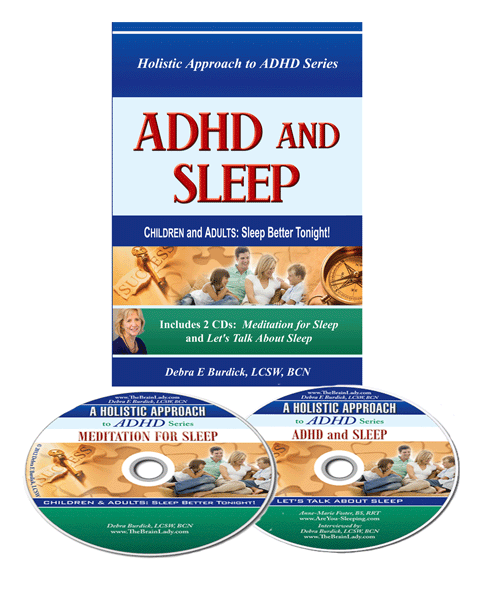 Amen learned that some prescription medications may harm brain and thus searched for non-toxic remedies for his patients and engineered supplements for memory, mood, focus, and other attributes. BrainMD offers all-natural, professional medical grade, ethically sourced holistic supplements that can provide optimal ingredients in effective dosages to enhance brain performance without prescription medication.
Amen learned that some prescription medications may harm brain and thus searched for non-toxic remedies for his patients and engineered supplements for memory, mood, focus, and other attributes. BrainMD offers all-natural, professional medical grade, ethically sourced holistic supplements that can provide optimal ingredients in effective dosages to enhance brain performance without prescription medication.
Dr. Amen’s BrainMD’s “Attention Support” review
Ingredients
- Vitamin B6
- Magnesium
- Zinc
- Phosphatidyl Serine
- Pycnogenol Maritime Pine Bark extract
- Choline
I am also very sensitive to caffeine or other energy products. So i started to take this product one pill a day and I have noticed after a day or two that my mind almost doesn’t fatigue. The BrainMD doesn’t give me more physical energy or mental energy like drinking a couple cups of coffee but it makes a huge difference in my overall alertness during the day.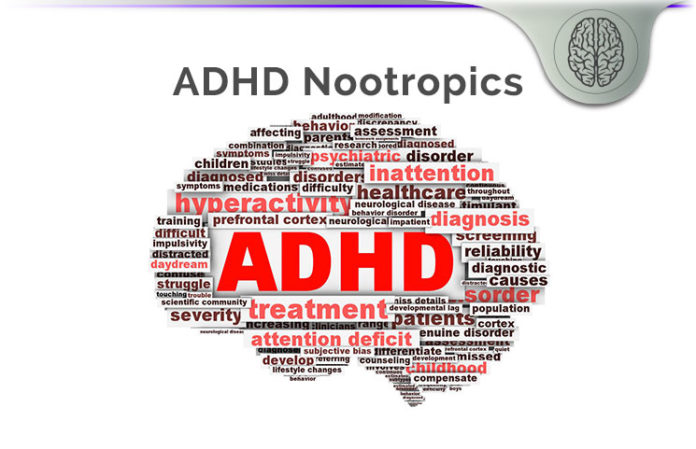 – User review
– User review
Dr. Amen’s BrainMD’s“Attention Focus & Energy” review
Ingredients
- Green Tea extract (standardized to 95% polyphenols and 45% EGCG)
- Sensoril Ashwagandha Extract - Withaniasomnifera, [standardized to 10% withania glycosides]
- Rhodiola (Rhodiola rosea) Root Extract [standardized to 3% rosavins, 1% solidrosides]
- Asian ginseng (Panax ginseng) Root Extract
- Choline (as bitartrate)
I take Dr. Amen’s supplements and have found them to be very beneficial. This supplement took effect in just a few days and made quite a difference. I have ADD and this helped plus gave me energy and clarity. It is supposed to be a Mental Endurance Booster, promotes Concentration & Attention supports healthy stress response and is Caffeine-Free, Gluten-Free.– User review
Frequently Asked Questions (FAQs)
Are supplements as effective as ADHD medication?
Generally speaking, no. While useful, ADHD supplements do not have the same power over ADHD symptoms that medication has. However, these supplements have far fewer adverse effects than medications, and they are less likely to have serious side effects. It’s best to use these supplements as a component of an integrative therapy strategy that also includes treatments for education, parenting, sleep, and exercise.
While useful, ADHD supplements do not have the same power over ADHD symptoms that medication has. However, these supplements have far fewer adverse effects than medications, and they are less likely to have serious side effects. It’s best to use these supplements as a component of an integrative therapy strategy that also includes treatments for education, parenting, sleep, and exercise.
How long will it take to see results after starting a supplement?
It’s different from one person to another. Some families state that they started taking fish oil and noticed improvements within days; other families claim to have seen no improvement after a month. Generally speaking, it’s best to not rush into judging supplements until after a few months have passed.
What is best otc natural alternative to Adderall XR?
NALT(N-Acetyl-L-Tyrosine),is a more soluble, potent & longer lasting version of L-Tyrosine, an amino acid that’s used to produce noradrenaline and dopamine.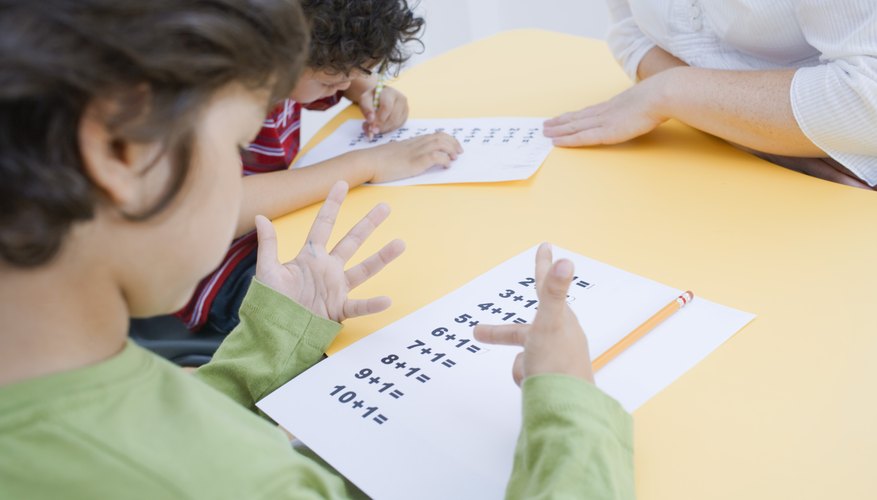 Just like L-Tyrosine is considered natural Adderall alternative, NALT(N-Acetyl-L-Tyrosine) would be perfect yet cheaper extended-release version of natural Adderall. When combined with other OTC cholinergic & dopamine boosters like Alpha GPC, citicoline, Ginkgo biloba, pine bark extract, as well as omega-3 fatty acids (all effective mood enhancers), this would be perfect nootropic stack to act as natural alternative to Adderall XR.
Just like L-Tyrosine is considered natural Adderall alternative, NALT(N-Acetyl-L-Tyrosine) would be perfect yet cheaper extended-release version of natural Adderall. When combined with other OTC cholinergic & dopamine boosters like Alpha GPC, citicoline, Ginkgo biloba, pine bark extract, as well as omega-3 fatty acids (all effective mood enhancers), this would be perfect nootropic stack to act as natural alternative to Adderall XR.
Do dopamine supplements work for ADHD? What are best supplements/nootropics that increase dopamine?
Many successful medications used to handle the symptoms of ADHD operate by increasing the impact of dopamine in the body. L-tyrosine, Citicoline, Alpha-GPC, Rhodiola Rosea etc. are some of the well-known natural non-prescription dopamine boosters & natural medication with potential to work for ADHD & depression.
Does combining Melatonin and Ritalin work well for ADHD?
Short-term usage of melatonin supplements is apparently risk-free for most people and effective in inducing sleep.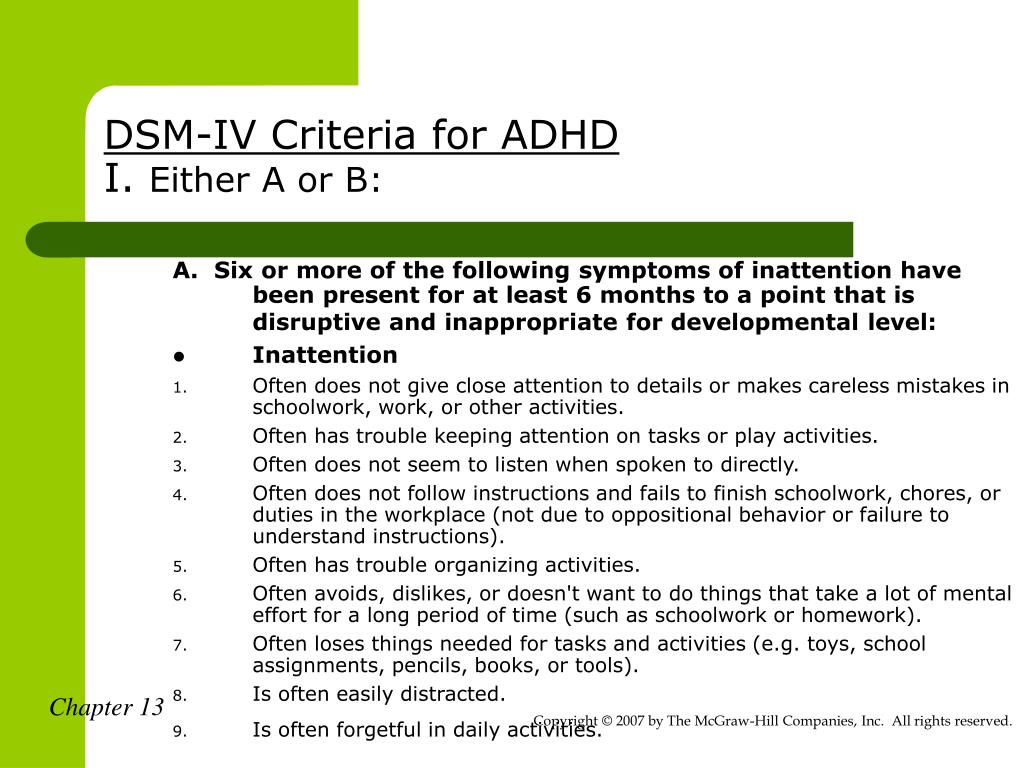 As reported by one study, children with ADHD were able to sleep longer and fall asleep faster after taking melatonin daily combined with their ADHD medication over several weeks. Some people also experiment with natural calming supplements along with Ritalin, especially for inducing sleep, such as Performance Lab Sleep and “ Diamond CBD Melatonin bedtime gummies“.
As reported by one study, children with ADHD were able to sleep longer and fall asleep faster after taking melatonin daily combined with their ADHD medication over several weeks. Some people also experiment with natural calming supplements along with Ritalin, especially for inducing sleep, such as Performance Lab Sleep and “ Diamond CBD Melatonin bedtime gummies“.
What are best legal over the counter stimulants similar to Adderall?
Currently Mind Lab Pro & Brain Pill are the best legal over the counter stimulants similar to Adderall.
What is the best nootropic stack for ADHD?
Any nootropic stack comprising of some stimulants and supplements like Ginkgo Biloba, L-Tyrosine, Ginseng, Bacopa Monnieri and vitamins & omega 3 fatty acids, would be a good nootropic stack for ADHD. We recommend Mind Lab Pro. It provides some the best nootropics for ADHD in one formula. It is also a thoroughly clean, premium-quality and stimulant-free nutritional supplement that optimizes brain functioning for long-range health and wellbeing even though encouraging all around cognitive improvement. Other recommended nootropic stacks for ADHD are -
Other recommended nootropic stacks for ADHD are -
STACK 1: L-tyrosine, Coffee + L-theanine, Phenylpiracetam, SAM-e
STACK 2: Alpha GPC/Citicoline, Omega 3, Phosphatidylserine, Rhodiola rosea
Is there a vitamin/multivitamin that gives energy & focus like Adderall?
Accentrate110® is a natural multivitamin supplement that manages inattention, emotional dysregulation & supports attention, memory, and focus and has helped some people get off the stimulants. Accentrate110® contains Tissue-Targeted® EPA & DHA, L-Methylfolate, Vitamin B6/Vitamin B12, B3, D3. They also offer MZI, offering magnesium in chelated form and supports attention, focus, mood, and overall well-being. However, it’s not perfect alternative to Adderall. We recommend combining it with Mind Lab Pro.
What’s the best natural ADHD medication for adults with anxiety and depression?
People looking for alternatives to SSRIs like Prozac, Zoloft (sertraline) or medications like Busiprone (BuSpar) for ADHD with anxiety & depression may benefit by combining nootropics or supplements that boost dopamine and boost serotonin levels.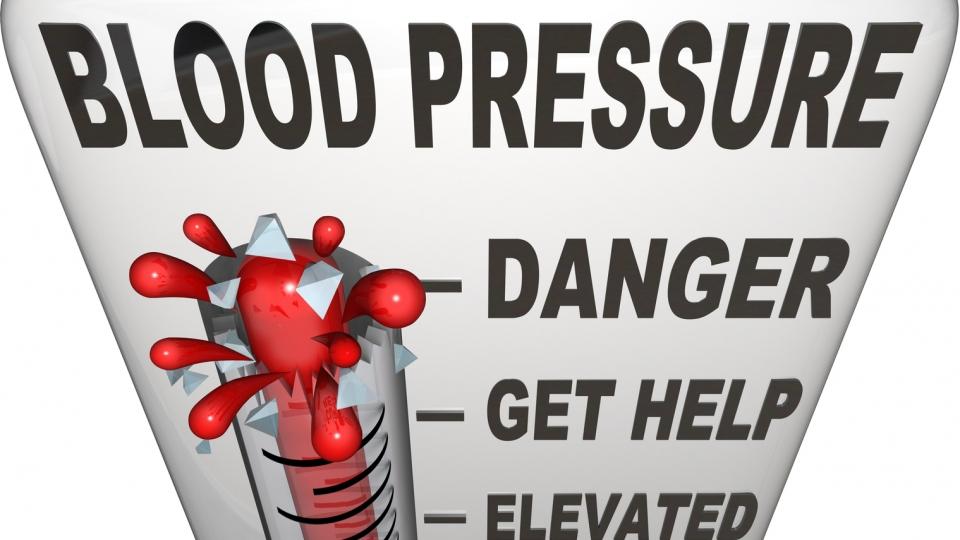 Combining a supplement like Mind Lab Pro (in the morning) with MZI or Diamond CBD Melatonin gummies (in the evening) can be a good herbal/non-pharmacological approach to replace SSRIs for ADHD.
Combining a supplement like Mind Lab Pro (in the morning) with MZI or Diamond CBD Melatonin gummies (in the evening) can be a good herbal/non-pharmacological approach to replace SSRIs for ADHD.
Are there natural alternatives to Effexor (Venlafaxine), Wellbutrin (Buproprion) XL, dopamine based anti-depressants to treat ADHD?
Some natural nootropics & stimulants that enhance dopamine levels in the brain can in-effect act as alternatives to anti-depressants to treat ADHD. For example, Wellbutrin (Buproprion) is an off-labelADHD medication because of its dopamine bosting properties.We recommend these natural, safe stimulants for ADHD - Mind Lab Pro and Brain Pill. Other recommended natural dopamine boosters & stimulants that may help ADHD caused by low dopamine are L-tyrosine, NALT, Ginkgo Biloba, Alpha GPC/Citicoline, Iron, Zinc etc. Some otc stimulants like Phentermine also have off-label usage in dieting & weight loss.
Where can I get Adderall/Strattera/Qelbree for sale without prescription?
If you don’t have a prescription for non-narcotic ADHD meds Strattera or Qelbree (viloxazine), you can get yourself diagnosed with ADHD online and receive prescription & otc meds through certain Telemedicine services like PlushCare, Minded, PushHealth, Klarity ADHD etc. Another option is to try over the counter Strattera (atmoxetine) & Qelbree (viloxazine) alternatives like Mind Lab Pro & Brain Pill.
What vitamins are best for ADHD?
Supplementing vitamins B and C may help relieve ADD and ADHD symptoms. Furthermore, vitamin B deficiency is associated with irritability and fatigue in children. Besides, Vitamin D deficiency carries a wide variety of symptoms that might make the ADHD worse. Several otc supplements for ADHD include Vitamins B5, B6, B9, B12, Vitamin C, Vitamin D3 etc. We recommend Performance Lab Multimen and Multiwomen, Accentrate110 multivitamin for ADHD. Another noteworthy multivitamin supplement is Hardy Nutritionals Daily Essential Nutrients 360.
Another noteworthy multivitamin supplement is Hardy Nutritionals Daily Essential Nutrients 360.
What amino acids are best for ADHD?
NALT, L tyrosine, L lysine, L theanine, Creatine are some of the amino acids that may help manage some ADHD symptoms.
Is there any Adderall over the counter (legal otc amphetamines salts) that is stronger?
Mind Lab Pro is an effective substitute for over-the-counter Adderall and legal, herbalotc alternative to amphetamines salt that doesn’t need a prescription. Thisnon habit forming, non stimulantnootropic closest to Adderall incorporates ingredients like N-Acetyl-L-Tyrosine, Cognizin (Patented Citicoline), Lion’s mane, Bacopa Monnieri, L-theanine etc. that may help with enhanced focus & concentration, mental energy,cognitive performance and memory retention.
Bottomline
Natural ADHD pills and supplements are growing more popular everyday as people continue to search for pills or something that have the same effect as Adderall or ADHD meds,even legal amphetamine salts over the counter or to replace the traditional ADHD drugs (such as Ritalin, Dexedrine, Cylert, Strattera, Vayarin and/or antidepressants such as Desipramine, Wellbutrin).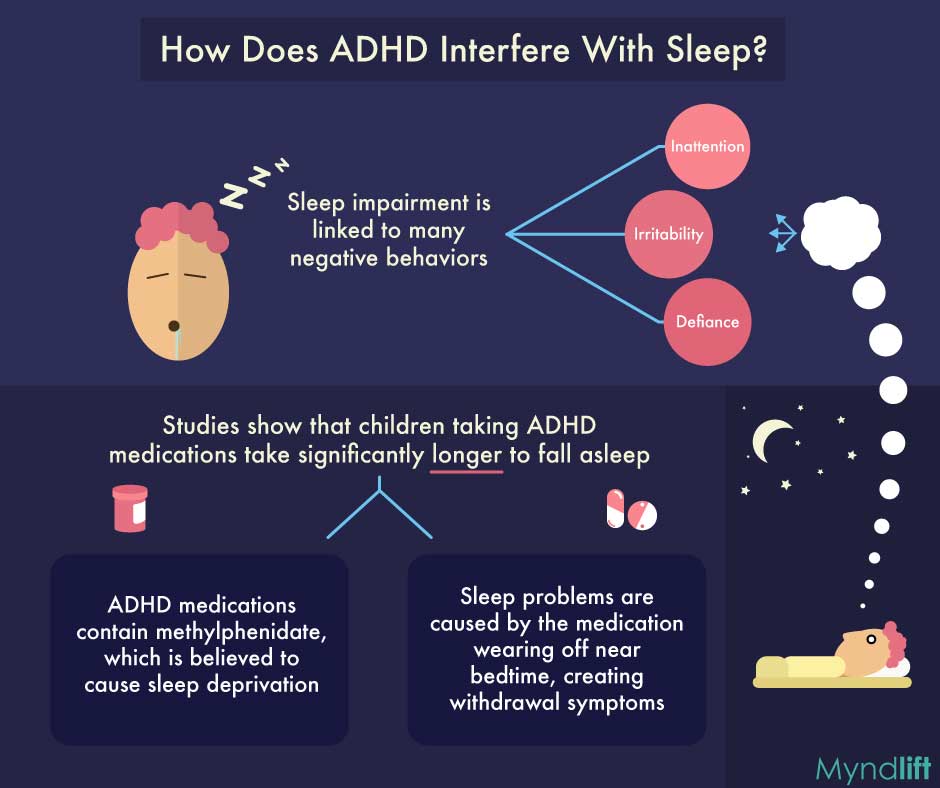
However, they do not have the same fast and potent effect on ADHD symptoms as psychostimulant medicine does. ADHD-friendly supplements and non-pharmacological natural treatments for inattentive ADHD are good for concentration & calming when overcoming ADHD. The effectiveness of these treatments is difficult to measure, but they have significantly fewer adverse effects than prescription drugs and less risk of serious negative effects.
This article is part of sponsored content programme.
Medications for ADHD
It is important to know which medications should be used in patients with ADHD. Unfortunately, not all of them are available. The main drug that is currently used in the world for the treatment of ADHD is banned in Russia - this is Ritalin. And I think it's a big problem. But, knowing our doctors, we would spend so much Ritalin per year that maybe this is not so bad for real. Why do you want to touch this moment? Because such drugs as antipsychotics, antidepressants, anticonvulsants used to suppress the mediator system are not needed for such children.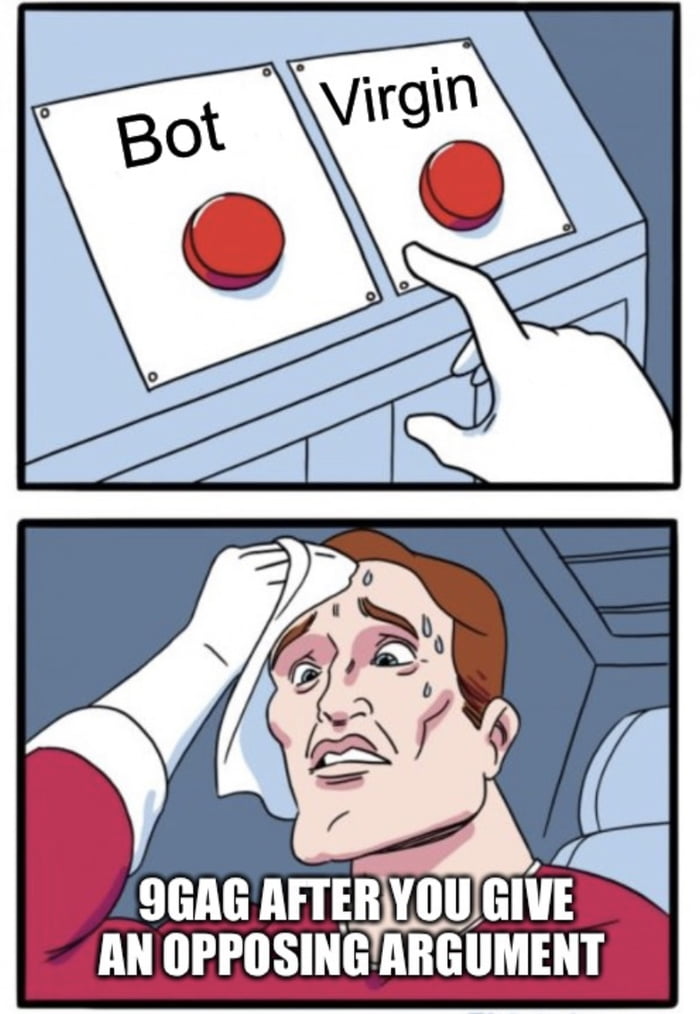 And it is used, for example, Ritalin or Straterra - drugs, on the contrary, that excite even more, it would seem. Straterra is available, you can buy it, it has a direct indication - attention deficit hyperactivity disorder. If it was prescribed by a doctor, then what does the parent do in the first place? He takes the instructions and reads that, in principle, this is an exciting drug. Our child is already so excited, we, as it were, have an understanding that there is a lot of exciting mediator. And here we are again - and we give him another pathogen. Where is the logic?
And it is used, for example, Ritalin or Straterra - drugs, on the contrary, that excite even more, it would seem. Straterra is available, you can buy it, it has a direct indication - attention deficit hyperactivity disorder. If it was prescribed by a doctor, then what does the parent do in the first place? He takes the instructions and reads that, in principle, this is an exciting drug. Our child is already so excited, we, as it were, have an understanding that there is a lot of exciting mediator. And here we are again - and we give him another pathogen. Where is the logic?
Of course, with the advent of atomoxetine, Straterra, the treatment of ADHD has changed, especially in our country. Because we have in our hands a certain drug, a certain tool with which we can help a child. Here the situation is twofold. We not only increase some neurotransmitter, we normalize its metabolism, in this case, norepinephrine. This is important because we use it throughout the school year. Then we do medicinal vacations, the second year - we look at neuropsychological testing: we prescribe further, we do not prescribe. And this tool helps, of course, to help children who really suffer from ADHD.
Then we do medicinal vacations, the second year - we look at neuropsychological testing: we prescribe further, we do not prescribe. And this tool helps, of course, to help children who really suffer from ADHD.
That is, drug therapy is really effective for those children who are not always helped by psychological rehabilitation, work with a neuropsychologist.
Why is Ritalin called baby cocaine? And why are people so afraid of Ritalin?
You know, this is apparently a myth, an international myth. The essence of the myth is that the use of Ritalin, methylphenidate leads to the fact that in the future there is an addictive disorder, and a disorder in the consumption of various substances, including drugs, alcohol. But recent studies - prospective studies, observational studies - show that there is no difference in substance abuse between people who use Ritalin to treat this disease and children who do not use it.
Is Ritalin itself addictive?
No. That is, as such, Ritalin does not cause dependence. Moreover, it is prescribed by courses, then by periods of cancellation.
That is, as such, Ritalin does not cause dependence. Moreover, it is prescribed by courses, then by periods of cancellation.
Tell me, many parents ask if they can bring it from abroad. Is there anything you know about this? Are there such cases?
Such questions concern many diseases, and children's neurology. And not only child neurology can be brought from abroad. Some drugs, it happens that it is possible to carry out, yes, for example, for treatment, there is Ritalin for childhood migraine, yes, there are triptams that are used in children from the age of 12, which is not in Russia. And you can write the recipe in English. And in a number of countries, in principle, you can buy the drug.
Tags: Neurology , pediatric neurology , adhd , treatment
Buy smart drugs without a prescription and start living without limits [OneClick]
We found 2 products available for you
Filters
Price filter
select
Add to favorites
Compare
select
Add to favorites
Compare
What is ADHD?
Many people ask us, "What does ADHD mean?" Meaning ADHD stands for Attention Deficit Hyperactivity Disorder.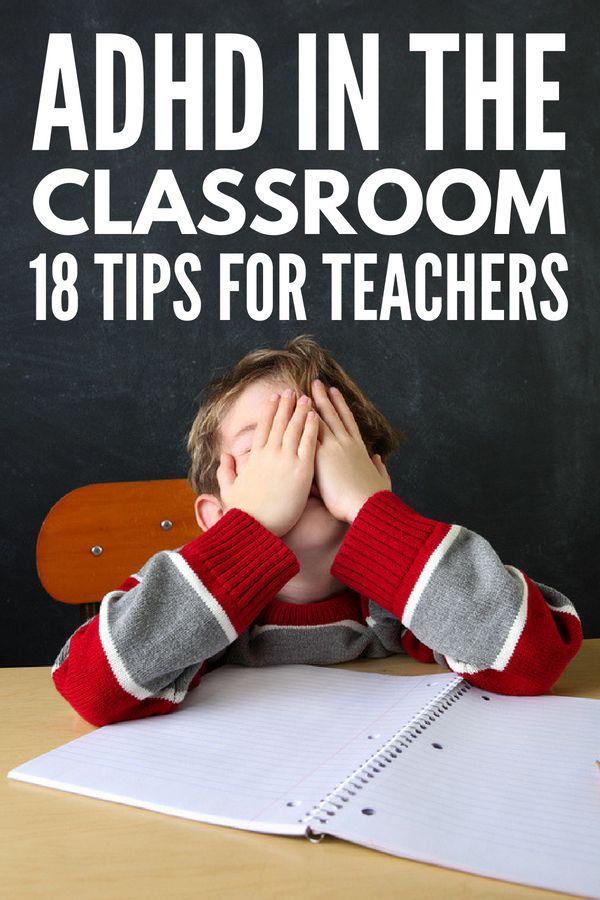 It is a disease that usually develops in childhood but is sometimes not even diagnosed until adolescence or adulthood.
It is a disease that usually develops in childhood but is sometimes not even diagnosed until adolescence or adulthood.
ADHD is characterized by a person's inability to focus or pay attention. Patients show restlessness, impulsivity and a sense of disorganization. They are also extremely impatient and easily distracted even when they are doing something that interests them. This condition is often viewed as a learning disability because it can seriously interfere with the learning process.
There is a lot of controversy surrounding the diagnosis of ADHD. Some people find adding "hyperactivity" to a diagnosis inaccurate, redundant, inappropriate, and even offensive. Because the disorder often first appears in children, many believe that the condition is over-diagnosed or that the psychiatric and drug industries are scamming families trying to understand their excitable child. Little is known scientifically about this condition.
Causes of ADHD: What causes ADHD?
The question most people have when they encounter someone with this disorder is "what causes ADHD?".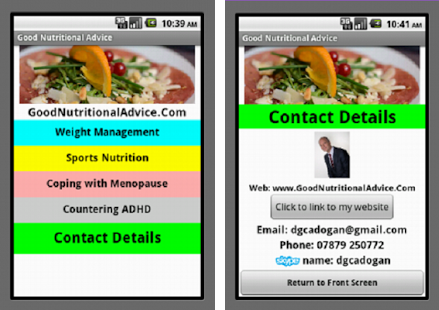 Most people don't know what causes ADHD or ADHD symptoms. That is why the number of people suffering from this disease is increasing day by day. In order to recognize the symptoms of this disease and treat it properly, people need to know what causes ADHD. This can cause this disorder.
Most people don't know what causes ADHD or ADHD symptoms. That is why the number of people suffering from this disease is increasing day by day. In order to recognize the symptoms of this disease and treat it properly, people need to know what causes ADHD. This can cause this disorder.
In this section, we present the factors that lead to Attention Deficit Hyperactivity Disorder in adults and children, as identified by researchers.
Causes of ADHD in adults
The exact cause of ADHD is yet to be determined. However, many studies have looked at various possible explanations.
- Genetic and neurological
This condition appears to be partly due to your genetic make-up. The disorder is more common in relatives of people with the condition than in people without it, and twins are much more likely to get the disorder again if their twin brother/sister has it. However, it is important to understand that having someone with ADHD in your family does not mean that you will necessarily have ADHD.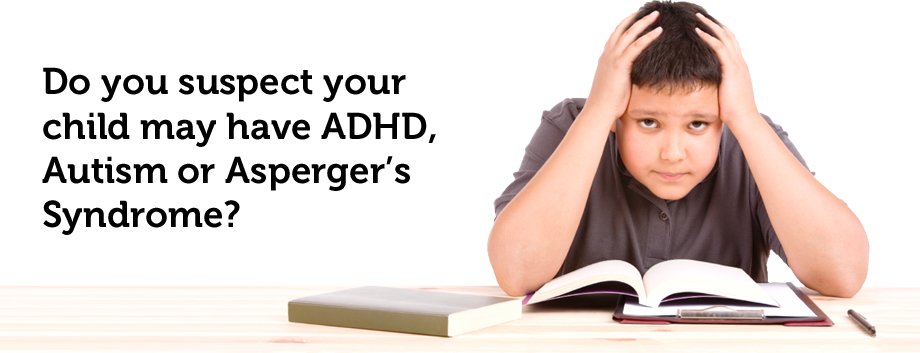 Having the ADHD genes does not cause you the disorder; it just means you can have it.
Having the ADHD genes does not cause you the disorder; it just means you can have it.
People with ADHD have been shown to have different levels of activity in certain areas of the brain, such as areas in the front of the brain that are involved in planning and controlling behavior. In addition, the areas of the brain that are involved in the control of movement differ. This may be why children with ADHD seem to fidget and move uncontrollably.
- Cognitive
Researchers are also coming up with models of how the main symptoms of ADHD affect other areas of someone's life. This shows how problems of inattention, hyperactivity, and impulsivity can cascade into their lives.
Causes of ADHD in children
ADHD is a common behavioral disorder that is estimated to affect 8% to 10% of school-age children. Boys are about three times more likely than girls to be diagnosed, although it is not yet clear why.
Children with ADHD act thoughtlessly, are hyperactive and have poor concentration. They may understand what is expected of them, but they have trouble completing the task because they cannot sit still, pay attention, or pay attention to details.
They may understand what is expected of them, but they have trouble completing the task because they cannot sit still, pay attention, or pay attention to details.
Of course, all children (especially younger ones) behave like this at times, especially when they are excited or agitated. But the difference with ADHD is that the symptoms are present for a longer period of time and occur in different settings. They impair a child's ability to function in society, school and at home.
The real reason?
There are several causes of attention deficit hyperactivity disorder in children, most of which have been found to have biological aspects. In some cases, parents are to blame for this condition, but it is believed that a change in the structure of the brain may be one of the dominant causes. In addition, there are certain environmental factors that can change a child's behavior.
- Altered brain anatomy and routine
Children diagnosed with ADHD have marked differences in brain function compared to their peers. The chemicals present in the brain, namely neurotransmitters, are responsible for this behavior. These chemicals are essential for the interaction of the cells present in the brain. The neurotransmitter associated with this disorder, called dopamine, tends to malfunction and thus leads to adverse effects, including impulsivity, lack of concentration, and hyperactivity. In addition, it has been scientifically proven that a child with ADHD has a significantly smaller brain size than a normal child. Such children are less sensitive in situations where they are either praised or punished.
The chemicals present in the brain, namely neurotransmitters, are responsible for this behavior. These chemicals are essential for the interaction of the cells present in the brain. The neurotransmitter associated with this disorder, called dopamine, tends to malfunction and thus leads to adverse effects, including impulsivity, lack of concentration, and hyperactivity. In addition, it has been scientifically proven that a child with ADHD has a significantly smaller brain size than a normal child. Such children are less sensitive in situations where they are either praised or punished.
- Genes
It is also believed that the ADHD syndrome is transmitted from parents diagnosed with hypertension. One in four children with this disorder have a relative with ADHD. This disease is more common in identical twins. There is also a chance that a child will develop ADHD if their parents are prone to mental disorders.
- Maternal factors
Pregnant mothers who have a habit of smoking pose a risk of having a child with ADHD.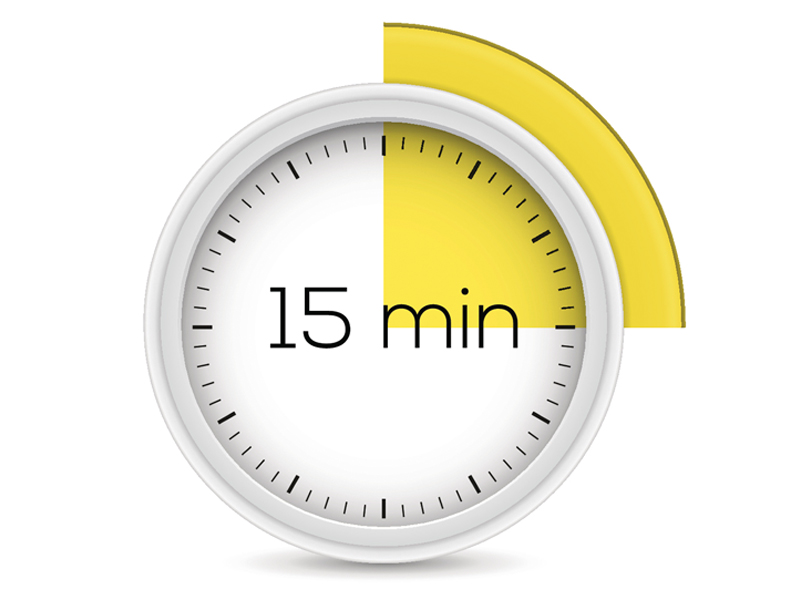 Similarly, drinking alcohol or other drugs during pregnancy can effectively slow down the activity of dopamine-producing neurons. One grim factor is that a pregnant woman is exposed to a chemical poison such as polychlorinated biphenyls. Such a chemical is widely used in the pesticide industry.
Similarly, drinking alcohol or other drugs during pregnancy can effectively slow down the activity of dopamine-producing neurons. One grim factor is that a pregnant woman is exposed to a chemical poison such as polychlorinated biphenyls. Such a chemical is widely used in the pesticide industry.
The use of drugs such as cocaine has been shown to interfere with the normal growth of brain receptors.
There are also times when mothers are less affectionate and very critical of their own children. They also tend to severely punish the child for literally insignificant reasons. This situation can show symptoms of ADHD in the child's behavior.
- Child exposure to environmental poisons
Children exposed to environmental toxins such as lead and PCBs are at risk of contracting the disease. Increased lead exposure can even lead to aggressive behavior in a child. Lead is found even in sand, dust, and also in water pipes. Other possible environmental factors include pollution, foods with artificial colors, and exposure to fluorescent light. Interestingly, even sugar has been shown to accelerate hyperactive behavior in some cases.
Other factors
There are several other risk factors that cause ADHD. They include watching TV for a longer period of time, which can make the brain want constant stimulation.
Deficiencies in a child's daily diet that explain poor nutrition can lead to behavioral changes.
Deprived of love and protection, children realize that their needs are not being met and develop symptoms similar to those of ADHD.
Whatever the cause of your child's ADHD, finding it and treating it early is the best thing you can do to get your child back on track. Although it may take some time and appropriate medication to bring the child back to normal, patience and caution should be exercised throughout the treatment period.
Symptoms of ADHD: what are the signs of ADHD?
Coping with Attention Deficit Hyperactivity Disorder (ADHD) is not easy. What makes this situation worse is not knowing if you have this disorder.
For the most part, ADHD symptoms develop as the child develops. And even adults have periods of time when they lose focus or get distracted. It's also very easy to confuse ADHD symptoms with a variety of other problems, such as learning disabilities and other types of emotional problems. This is why it is so important to have a healthcare professional diagnose suspected ADHD.
Many people ask themselves, "Do I have ADHD?". Well, there is more than one simple physical or medical test that can be used to determine if someone has a disease. It is important for parents who suspect that their child may have this condition to discuss their concerns with their healthcare provider. They will have a checklist of various symptoms and be able to make sure that the child does not have symptoms of similar conditions.
While it is always recommended to consult a healthcare professional, some ADHD symptoms are obvious even to the untrained. According to the National Institute of Mental Health (NIMH), these ADD symptoms fall into three categories: inattention, hyperactivity, and impulsivity.
- Fighting instruction
One of the pillars of the category of inattention is the struggle with instructions. This includes problems with work assignment directions, as well as an inability to properly focus on school projects. Confusion and an inability to focus on individual tasks are also associated with problems following instructions.
- fidget and squirm
Hyperactive movements such as fidgeting and bending can be a sign of ADHD. If you can't stop moving while sitting, or if you constantly tap or shake your appendix, consider talking to your doctor about ADHD or other serious issues like Parkinson's disease or Tourette's syndrome.
- Quiet operation problems
Although it looks like a struggle with instructions, problems with quiet work are different but common symptoms of Attention Deficit Disorder according to the NIHM. This symptom of ADHD is often accompanied by hyperactive movements or vocalizations. Quiet places, such as libraries or hospitals, are often the best places to spot this symptom.
- Impatience
At the top of the category of impulsiveness is impatience. Many people suffer daily with normal levels of impatience. However, when this lack of patience goes into extreme territory, it becomes a sign of ADHD. Compare your ability to remain calm and composed with those around you to identify this potential problem.
- Talking non-stop
There is nothing wrong with being cheerful or talkative. For many, this is pleasant and enjoyable. However, those who talk habitually, excessively, and for no reason, may struggle with one of the most common symptoms of ADHD - incessant talking.
- Dreams and confusion
Like lack of concentration, daydreaming sessions are often associated with this disorder. Also, confusion when you regain focus after these daydreams is a sign of ADHD. Everyone likes to relive a dreary memory or let their mind wander from time to time, but when these activities become out of control, it might be time to consider getting help.
- Interrupting others and having problems speaking
Even the most sociable people can stutter and get lost in conversation from time to time, making many mistakes along the way. When these problems become uncontrollable or occur too often, the problem switches to a potential case. If you often interrupt others or don't follow normal conversational standards, these actions may be highlighting a more serious mental problem. This is one of the symptoms of ADHD in children.
- Rough driving
Did you know that one of the symptoms of ADHD in adults is reckless driving? When you have ADHD, it can be very difficult to focus on the road. You can easily get distracted, which can lead to traffic accidents. Traffic jams can also make you very restless. Even worse, you are more likely to get into arguments and fights on the road.
- Relationship problems
Believe it or not, one of the common symptoms of ADHD in adults is relationship problems. This is because adults with ADHD find it difficult to listen and respond effectively, leading to poor communication. The fulfillment of obligations also becomes problematic. What's more, people with ADHD are prone to sudden outbursts of anger that are detrimental to marriage, friendships, or other relationships.
Conclusion
Many other symptoms are also associated with ADHD. An inability to sit down at dinner, tossing around in inappropriate environments, and learning disabilities all contribute to a positive case of this disorder. However, they all pass into these seven larger signs or complement them in one form or another. If you are experiencing problems with any or a combination of these symptoms, consider scheduling an ADHD diagnosis appointment with your primary caregiver or any psychologist to discuss next steps.
Diagnosis of ADHD: how is ADHD diagnosed?
Common signs or symptoms of ADHD include: impulsivity, fidgeting, being easily distracted, and inability to complete tasks. Although children are more commonly diagnosed, ADHD is a condition that many adults also suffer from. Several tests have been developed to help diagnose ADHD in children, some of which are listed below.
Stanford-Binet Test
The Stanford-Binet Test is the most popular assessment of cognitive ability, also known as the IQ test. It consists of sixty questions that a person is asked to answer. These responses are then evaluated to give an estimate of the patient's cognitive ability or IQ. This test can be taken online or by a doctor.
Weschler Intelligence Scale for Children
A popular test for children is the Weschler Intelligence Scale for Children (WISC-IV). The test is conducted on children aged 6 to 16 and takes 48 to 65 minutes to determine the patient's general intellectual ability. The test consists of fifteen subtests, which are evaluated on five main indicators. These include: verbal compression index, visual spatial index, flexible thinking index, working memory index, and processing speed index. These indices are evaluated along with fifteen subtests to determine the subject's intellectual ability, which in turn can help diagnose ADHD.
Kaufmann Battery for Children
Another popular test for diagnosing ADHD in children is the Kaufman Battery for Children (KABC). KABC is a psychological diagnostic test for assessing cognitive development that was developed in 1983 and revised in 2004. This test uses new developments in psychological theory and statistical methodology, making it popular with patients and physicians. KABC also pays special attention to groups with disabilities and groups suffering from learning difficulties, as well as cultural minorities.
Physician interview and rating scales
In addition to these tests, a patient with a suspected illness may have an interview with a physician, during which a physical examination will also be performed. The Behavioral and Rating Scale checklist will be provided to the patient's parents and teachers to complete during patient follow-up to determine if certain factors and symptoms are occurring. These rating lists, in combination with any of the previously mentioned tests, have been identified as effective diagnostic tools.
As a parent, you always want to find the best treatment for your child to help him/her solve a problem quickly and easily. The fact is that there is no better treatment for ADHD, and another fact: there is currently no cure for ADHD. However, don't be disappointed. Available treatments can help your child lead a successful life.
ADHD medications
Children's ADHD prescription drugs
This treatment option is widely used and has quick effects.
The first prescription drugs for ADHD are usually stimulants. These stimulants increase brain activity, especially in areas associated with attention, impulse control, and focus. Stimulants do have a positive effect when it comes to improving concentration and self-control. However, when it comes to social skills and academic achievement, they still depend on the child himself. Stimulant drugs actually contain one of two things: methylphenidate and amphetamines.
The first of the two options is methylphenidate because it has been found to have fewer side effects. Methylphenidate comes in short, medium, and long-acting forms. If the child does not respond to methylphenidate, then he is prescribed amphetamines. For short periods lasting 6 hours, dextrostat and dexedrine are prescribed. With an average and long duration, Adderall is prescribed.
If stimulants don't work on the child, then Atomoxetine and antidepressants. When two treatments with stimulants have failed, the next step is atomoxetine.
With regard to medications for ADHD, it is important to note that there is no single medication that is recommended for all children. In fact, drugs are issued by trial and error. It all depends on how the child responds to a particular medication. However, when the right remedy is chosen, the symptoms of the disorder can already be easily controlled.
If there's one more thing you need to know about ADHD medications, it's that they don't actually cure the cause of the disorder. All they can do is relieve the symptoms of ADHD. Also, when these medications are combined with counseling or behavioral therapy, it can really help a lot.
ADHD prescription drugs for adults
It's not just for children. It also occurs in adults! While it may seem difficult to deal with, there is hope and great benefits for adults.
There are many options for choosing which ADHD medication is right for you. You can take prescription drugs for ADHD or try natural remedies for ADHD.
To get a prescription for ADHD, you must first be diagnosed by a psychiatrist or neuropsychologist. This includes a series of serious questions and tests to determine which subtype of ADHD you have. This will help determine which ADHD medication is right for you.
There are several classes of prescription drugs for adults with ADHD. They range from stimulants to other classes of medications that have the indirect effect of relieving ADHD symptoms.
- Adderall : is a combination of amphetamine and dextroamphetamine. This is a common choice of ADHD medication for adults. Adderall acts on the central nervous system to help relieve hyperactivity and control impulses. Your doctor will change your dose until you have a treatment plan that is right for you.
- Ritalin (Methylphenidate): A central nervous system stimulant similar to Adderall. It helps relieve symptoms of hyperactivity and control impulses. Ritalin is a medication that targets both ADHD symptoms and ADD symptoms. It is recommended that this drug be part of a supportive treatment program that includes counseling and other therapies to maximize the treatment of ADHD.
- Concerta (Methylphenidate): works in the same way as Ritalin as a central nervous system stimulant.
Concerta is another brand name for this class of drug, as well as Metadate.
- Vyvanse (Lisdexamfetamine) is a new ADHD drug for adults. Vyvanse is also safe to use in children over 6 years of age with ADHD. It is a central nervous system stimulant that relieves symptoms of hyperactivity, controls impulses, and helps adults with ADHD who have problems with overeating due to their impulsiveness. The reason why Vyvanse is the best choice of ADHD medication for adults is because it doesn't have the severe immediate-release side effects that other ADHD medications have.
- Straterra : This medication is not a stimulant, unlike other ADHD medications for adults. Straterra is a selective norepinephrine reuptake inhibitor with a mechanism of action similar to some antidepressants. The actual mechanism of action of this drug in the treatment of ADHD is unknown. However, it is believed that this is due to an increase in norepinephrine levels in the brain.
Norepinephrine plays an important role in increasing concentration and behavior. Straterra is recommended for participation in a treatment program that includes psychological, educational and social measures to treat this condition.
As you can see, there are several alternatives to ADHD medications for adults. To find out more about which medication is best for you, you will need to consult with your doctor as you explore all your options to find out what you can take for your condition.
The difference between IR and XR ADHD prescription drugs for adults
Everyone reacts differently to ADHD drugs. It may take a trial run to try several different medications that may work best for you.
The difference between IR and XR formulations is the time frame in which they operate. In adult ADHD medications, the timing of a medication's release can play a critical role in the treatment of ADHD.
IR formulations are known as immediate release formulations. These compounds will work immediately after ingestion. Depending on the needs of the adult with ADHD, more frequent administration of IR medications may be required to avoid the effects of the medication.
ER compounds are produced overtime. They provide a smoother onset of action and increase the time of work in the body. This option may be an excellent choice for reducing the side effects of some adults with ADHD on IR formulations. In addition, ER formulations are a great choice for people who forget to take their medications on time.
Natural Adult ADHD Medicines
Along with or without prescription ADHD medicines for adults, there are natural products that can be an excellent choice for treating adult ADHD. Before considering natural cures for ADHD, be sure to discuss options with your doctor.
- Fish oil : omega-3 fatty acids increase intelligence in adults with this condition. Fish oil may improve hyperactivity, improve concentration, and reduce fuzzy thinking.
You can take fish oil capsules or from foods such as salmon, tuna, trout, and sardines. Capsule forms are very convenient. The highest recommended fish oil for ADHD is from Nordic Naturals.
- Zinc : Several studies have shown a reduction in hyperactivity and impulsivity with zinc supplementation in people with ADHD. Studies mention that adults with ADHD have lower zinc levels than people without the condition. You can take zinc in capsule form or get it from foods such as nuts, dairy, beans, whole grains, and fortified cereals. If you are considering zinc as a medicinal supplement, NOW Foods is your best bet.
- Melatonin : This medication does not necessarily help ADHD directly. For those who have trouble sleeping, melatonin is a natural remedy to help adults fall asleep at night. People with ADHD who don't get enough sleep destroy ADHD symptoms.
ADHD medications for adults can be helpful in improving quality of life. If you feel like someone or even you have symptoms of ADHD, don't be afraid to get diagnosed. Adult ADHD medications have been available for many years. They have been proven to help effectively control the disorder. Many adults who have taken ADHD medication do not regret their decision.
Behavior Therapy
Behavior therapy can take a lot of time and effort, but the results can be very rewarding. Also, if parents don't want their kids to take ADHD medication, behavioral therapy is a good choice. Behavioral therapy involves forcing children to reward when they do good things, as well as punish when they do something wrong (however, punishment should not be used often). Cognitive behavioral therapy helps children recognize negative thoughts and ways to avoid them. Unlike drug therapy, behavioral therapy has a permanent effect. With the right approach, behavioral therapy can work wonders in helping children manage and overcome this condition.
What is the best way to treat ADHD?
As mentioned above, there is no best treatment for ADHD.
